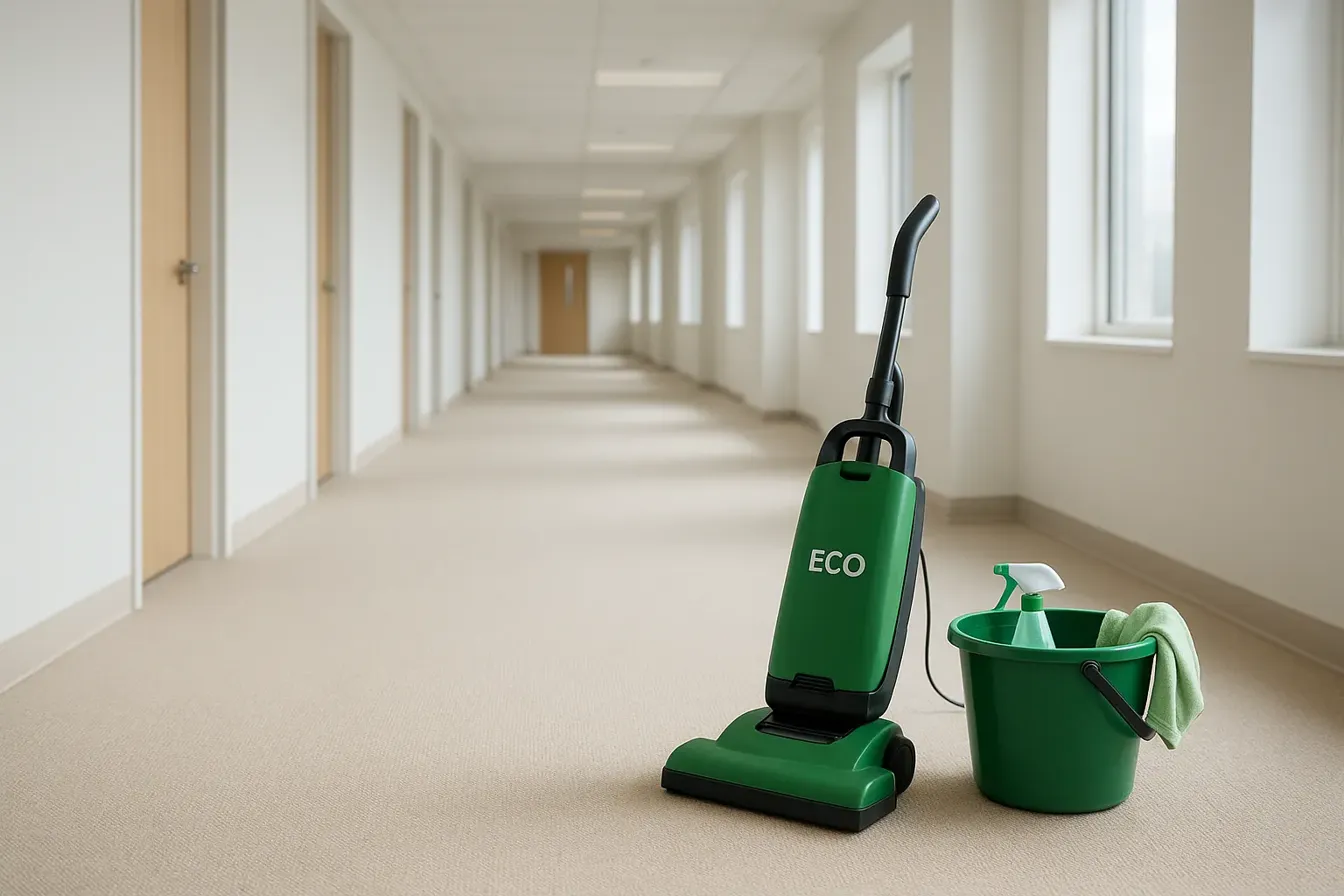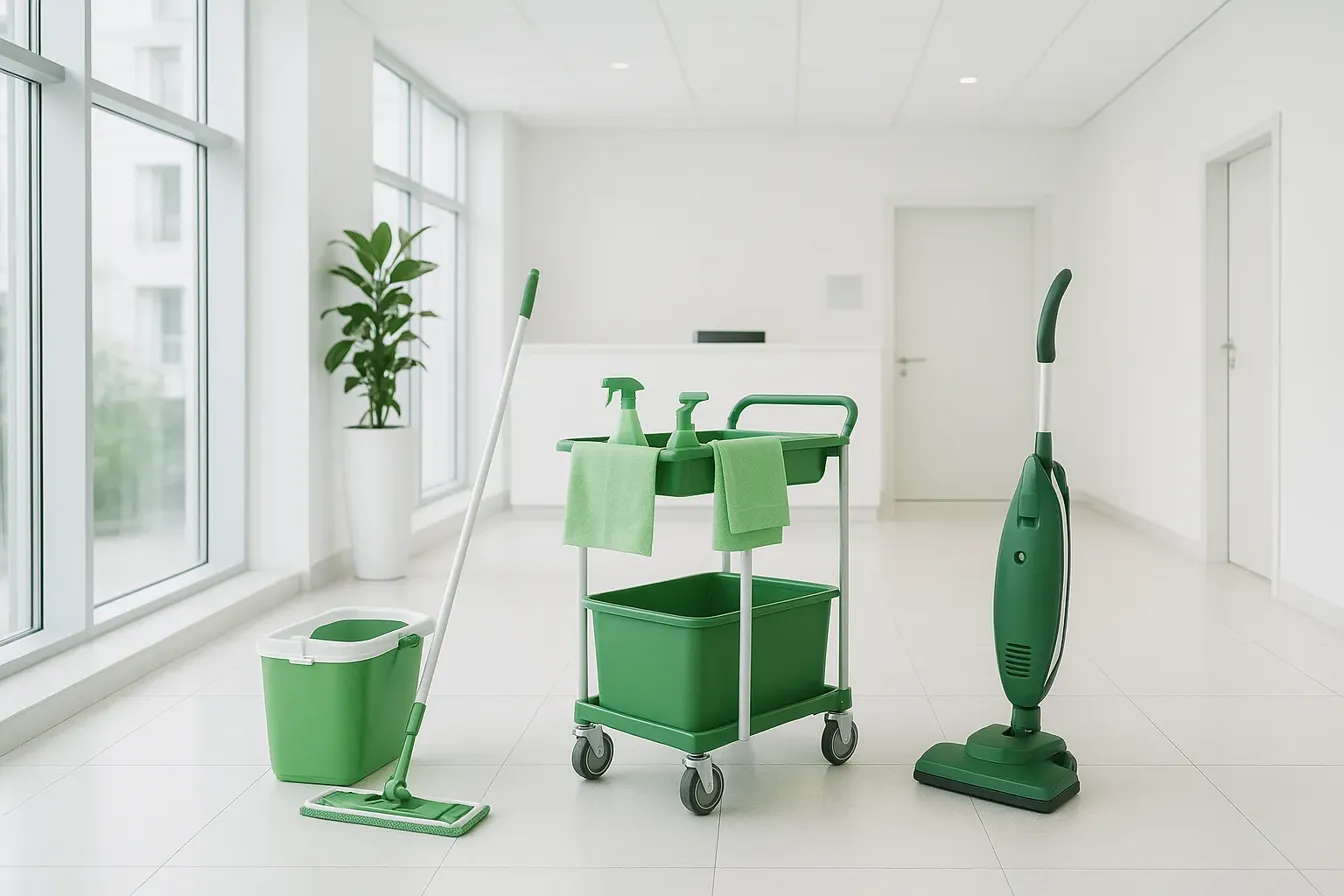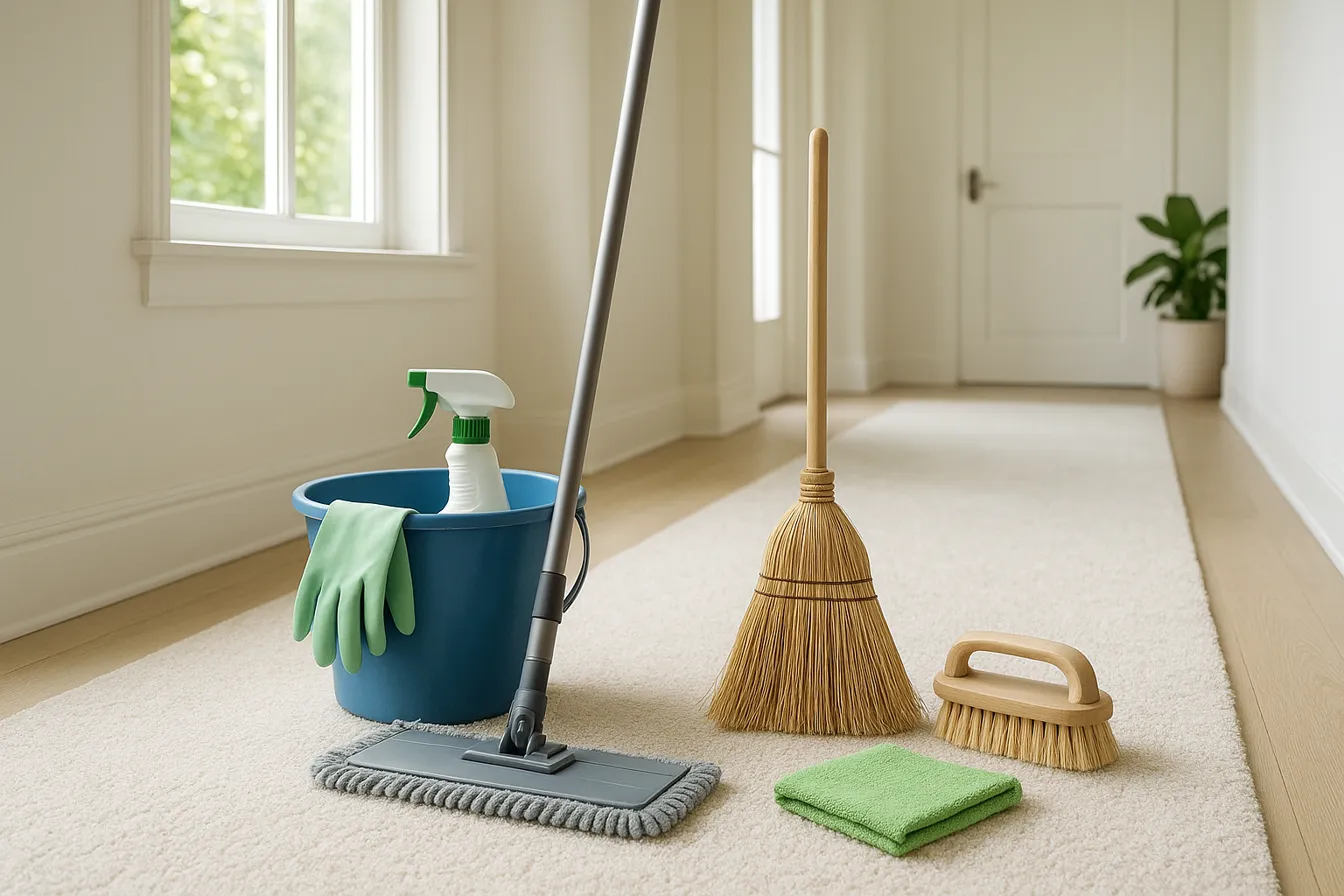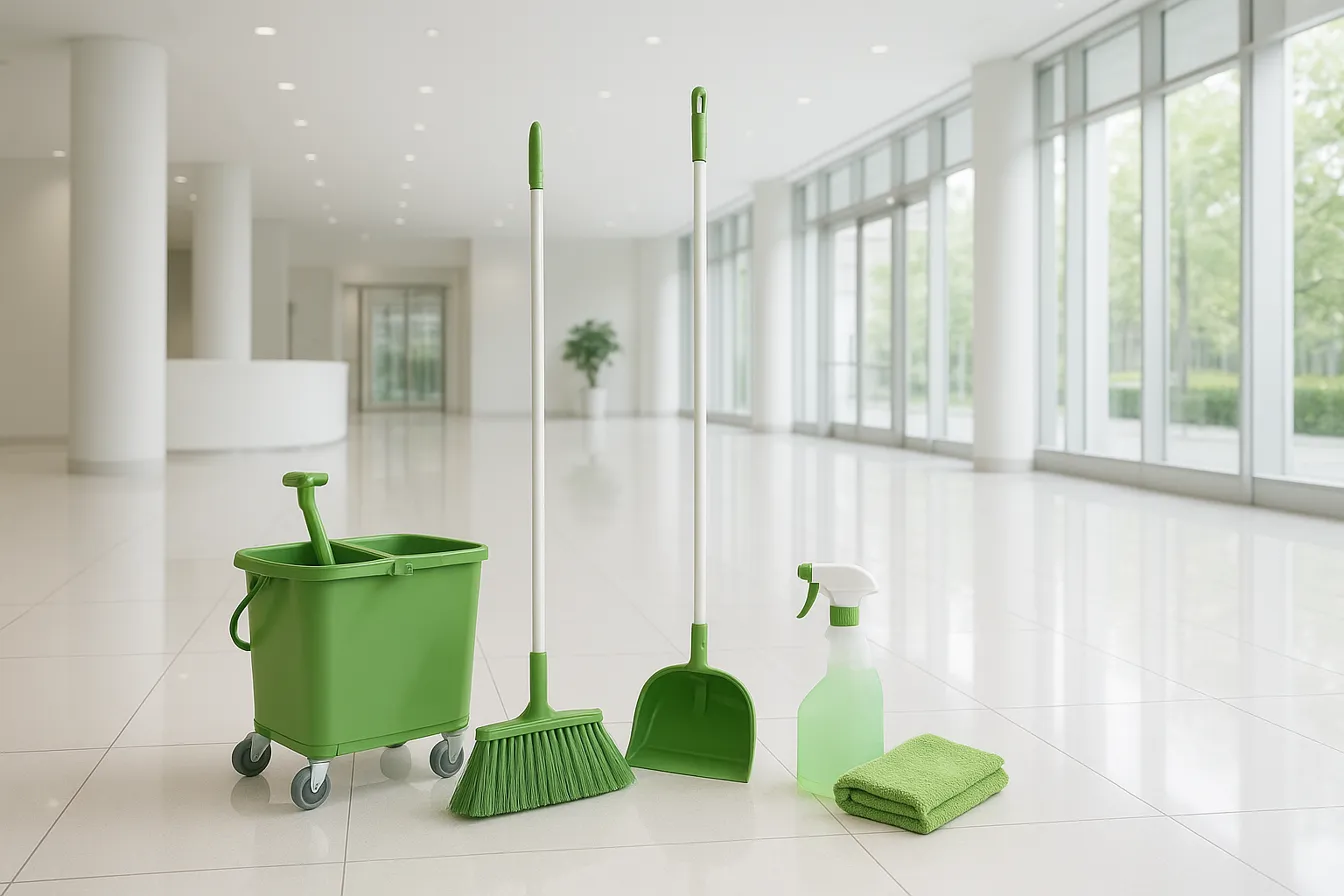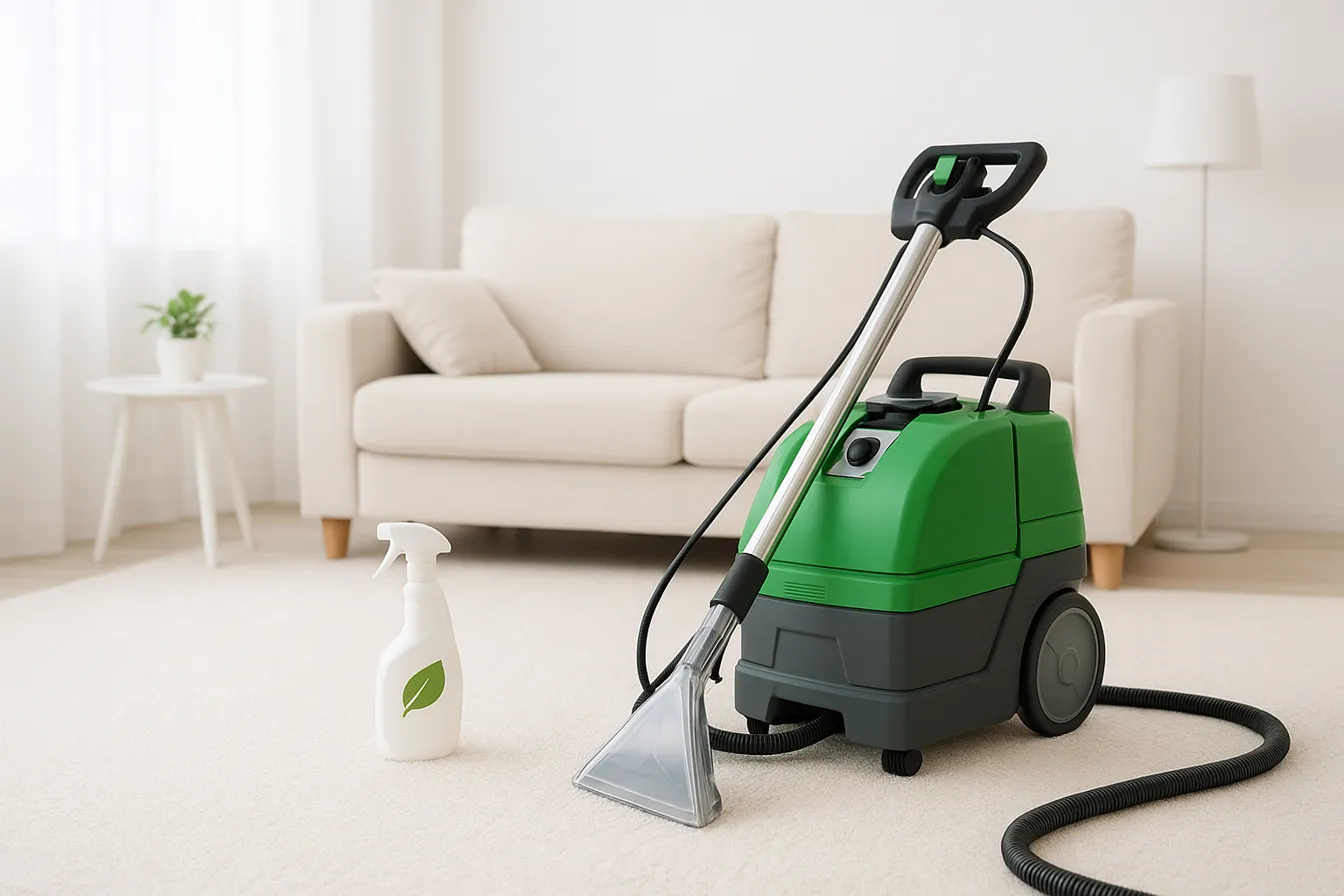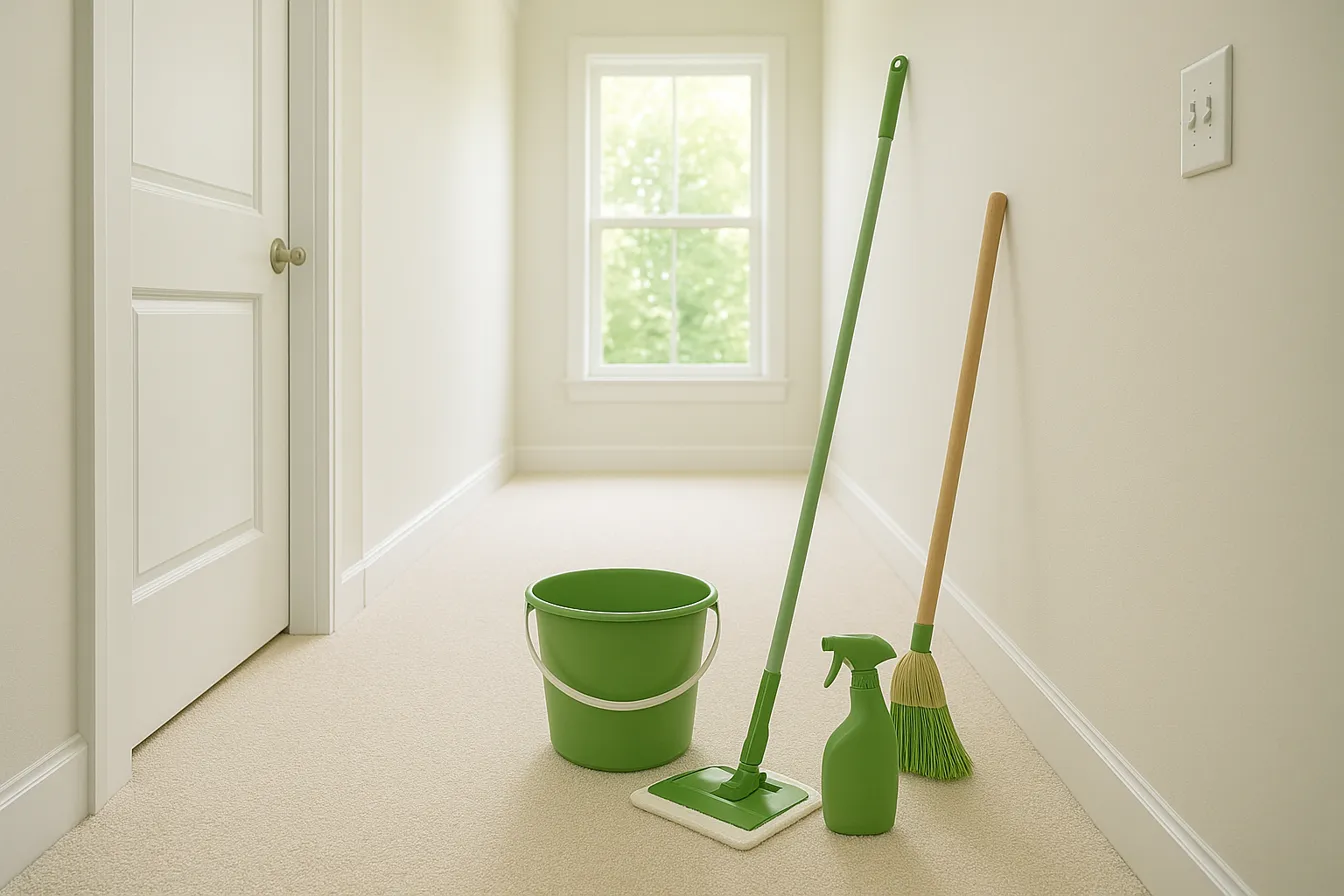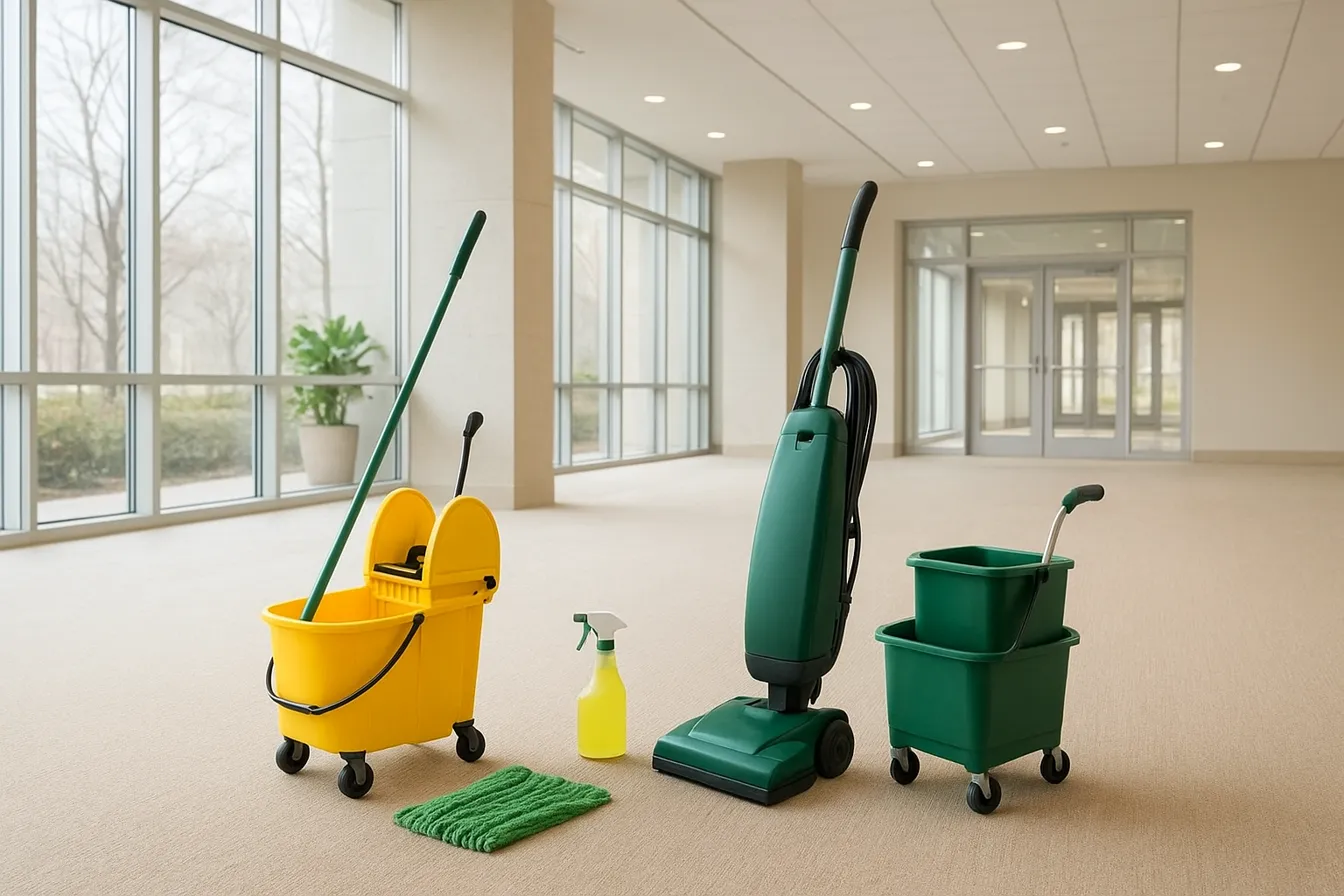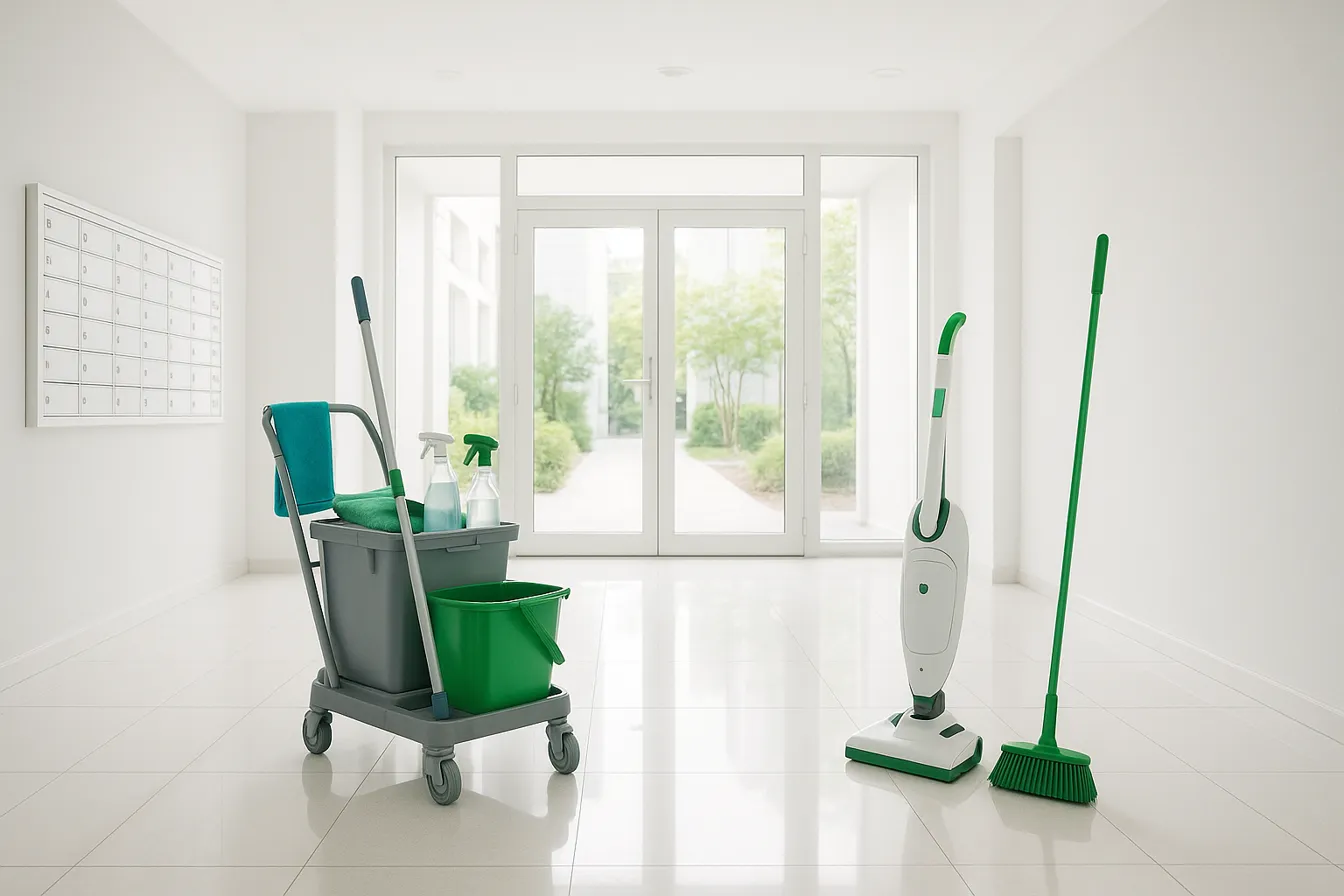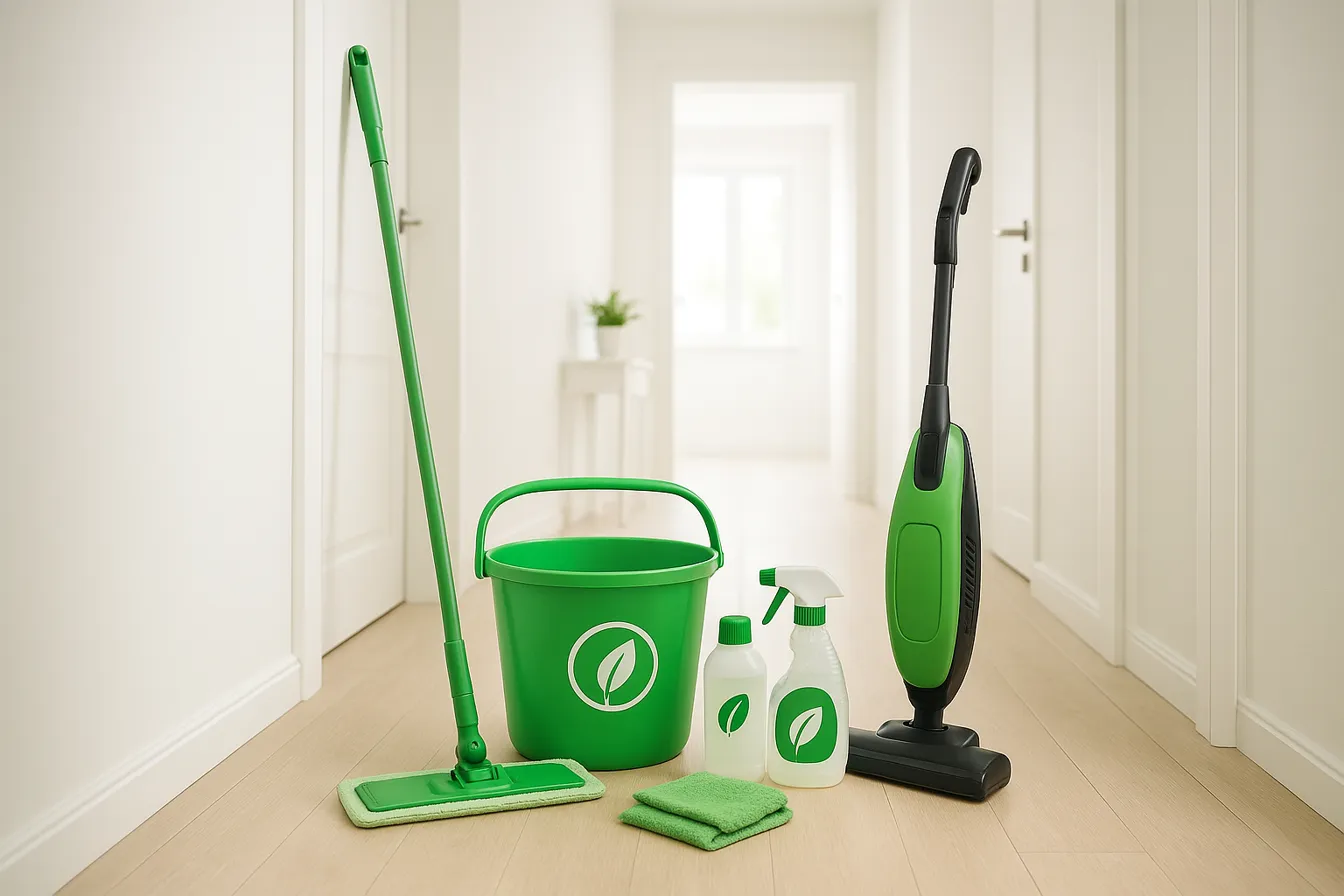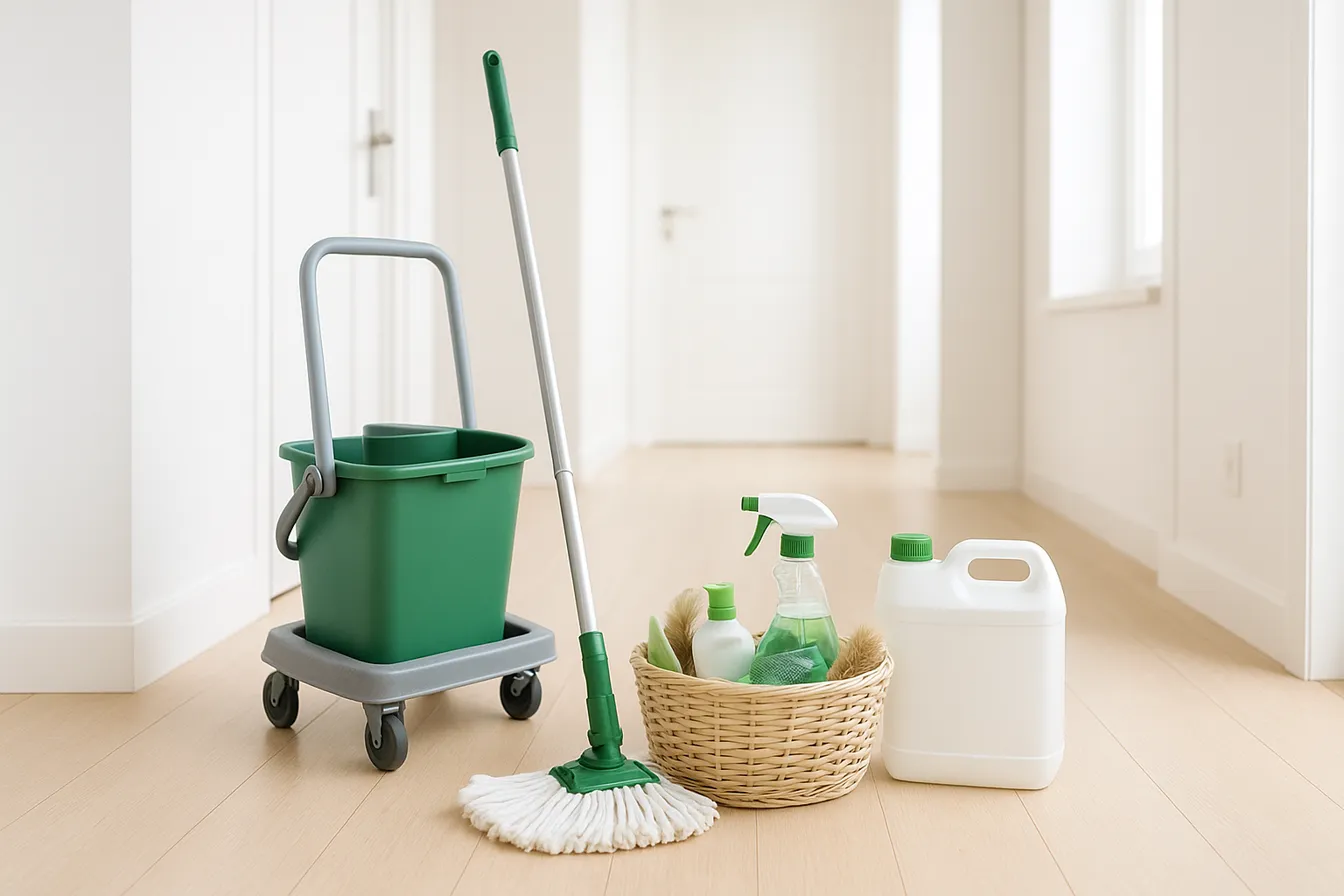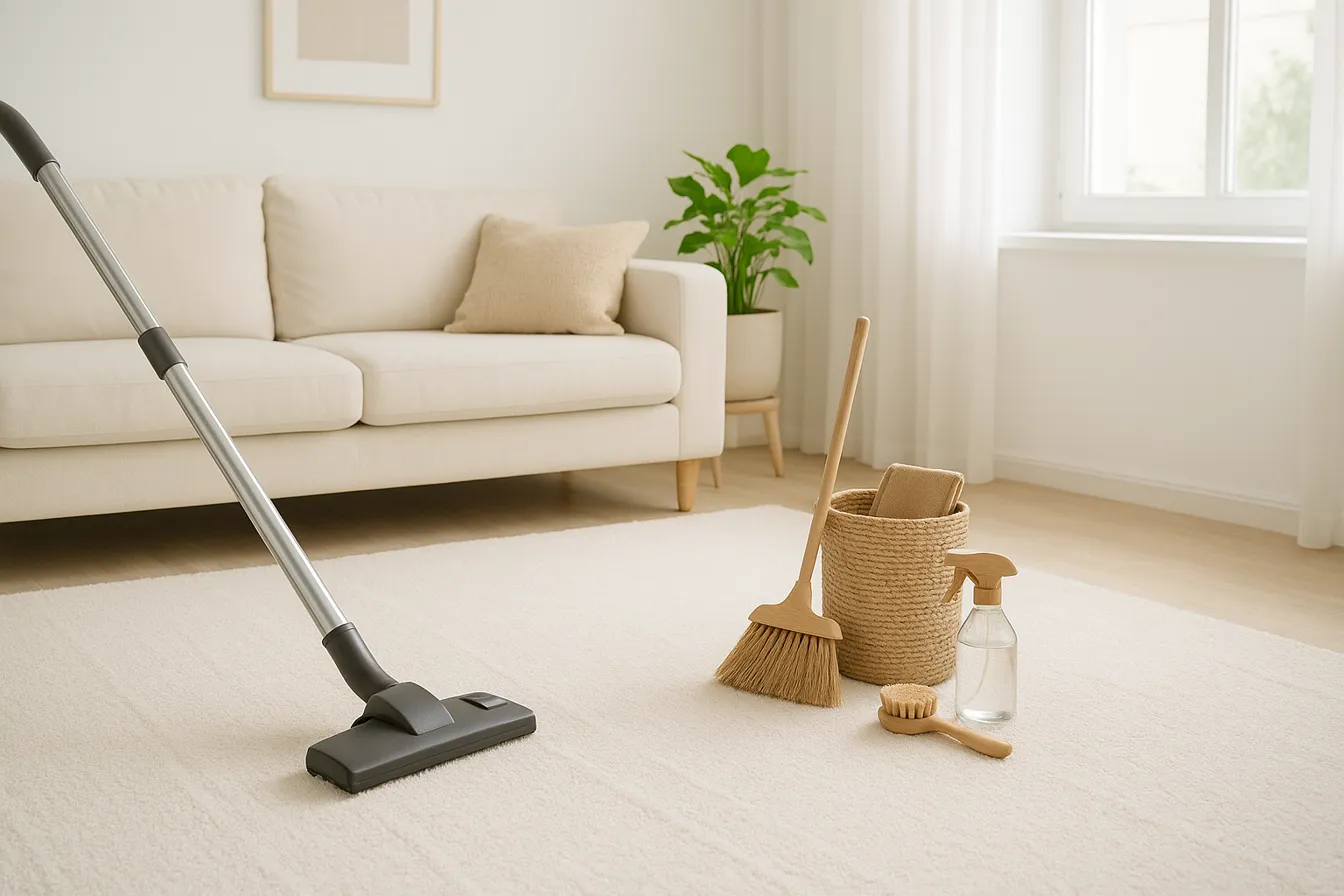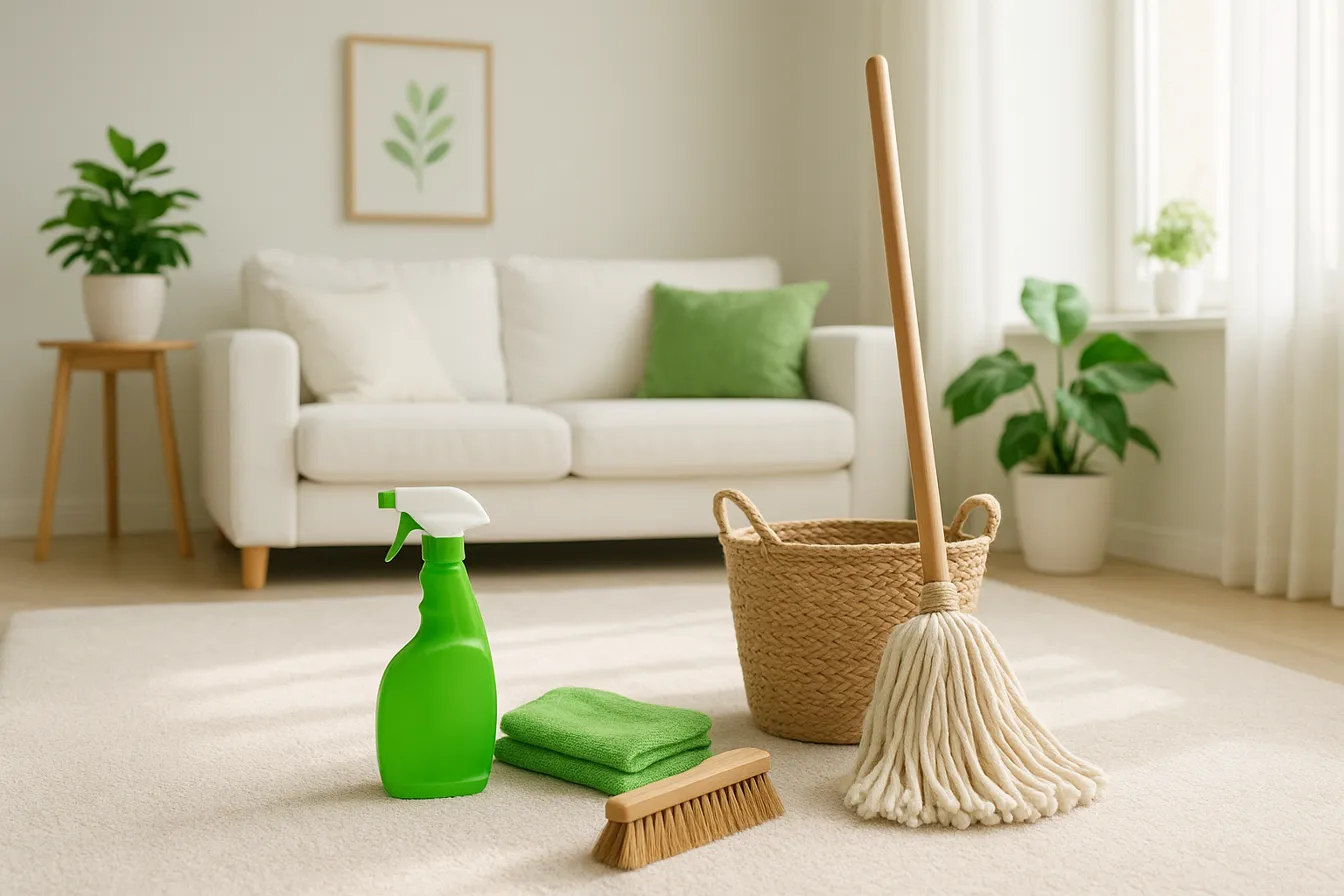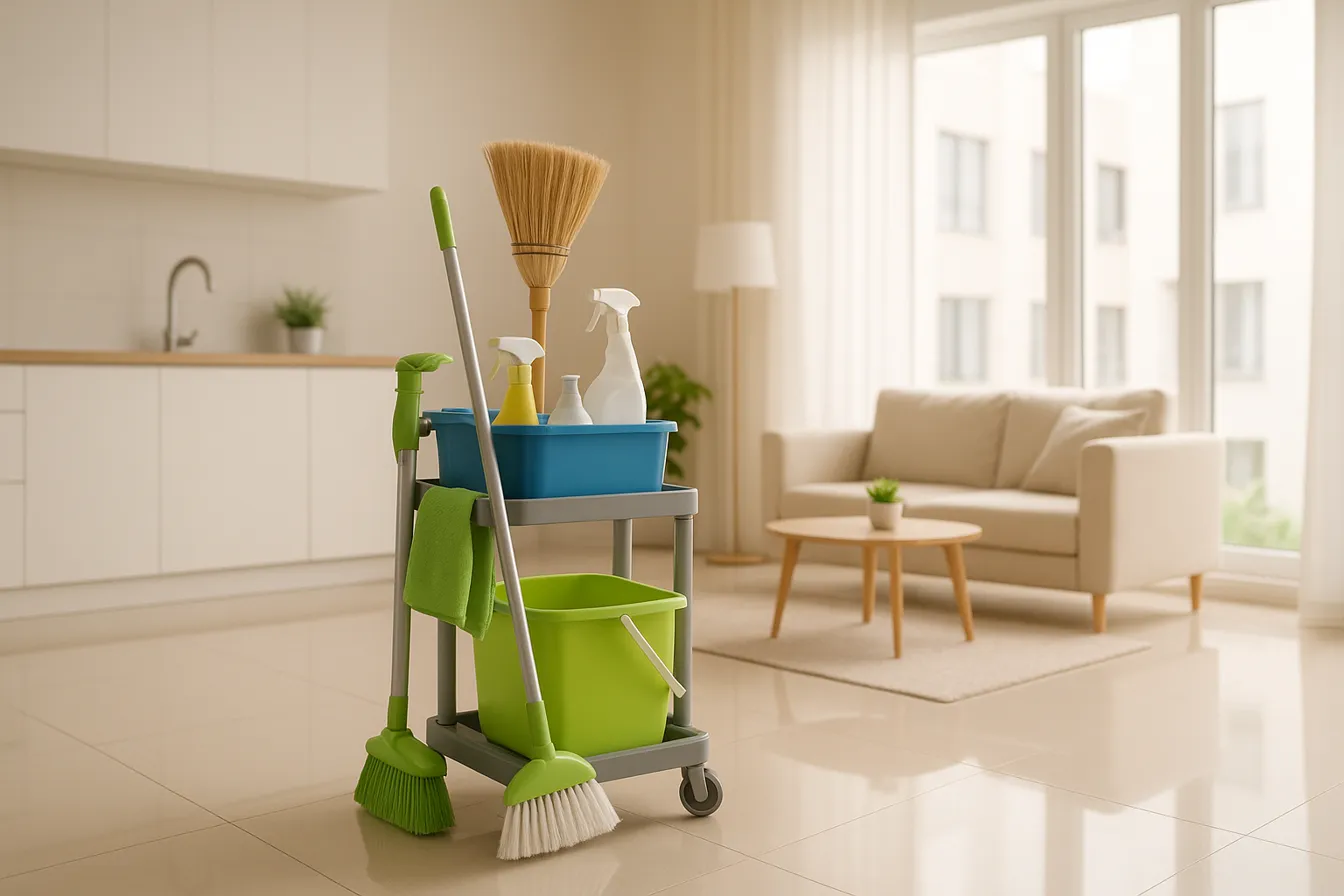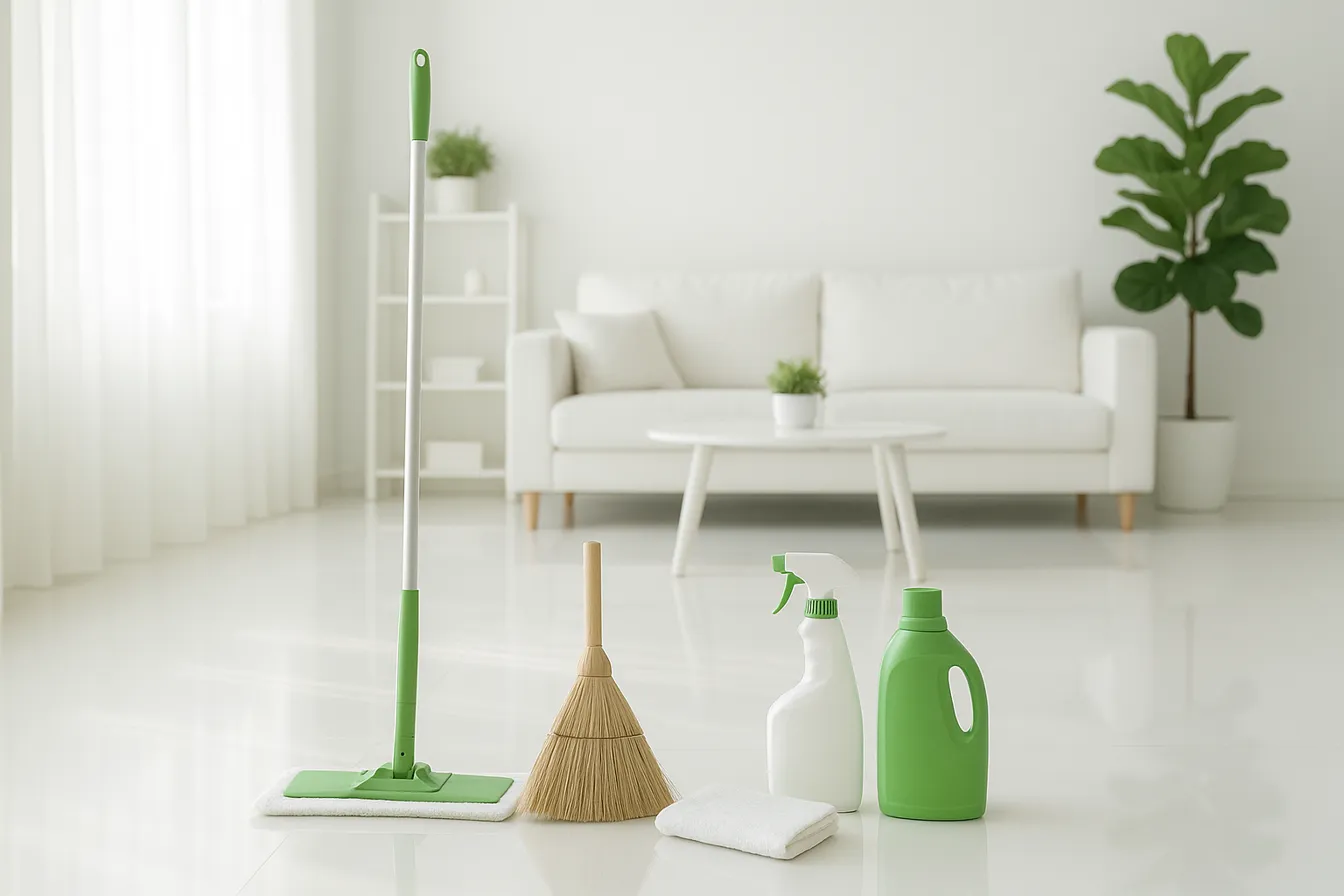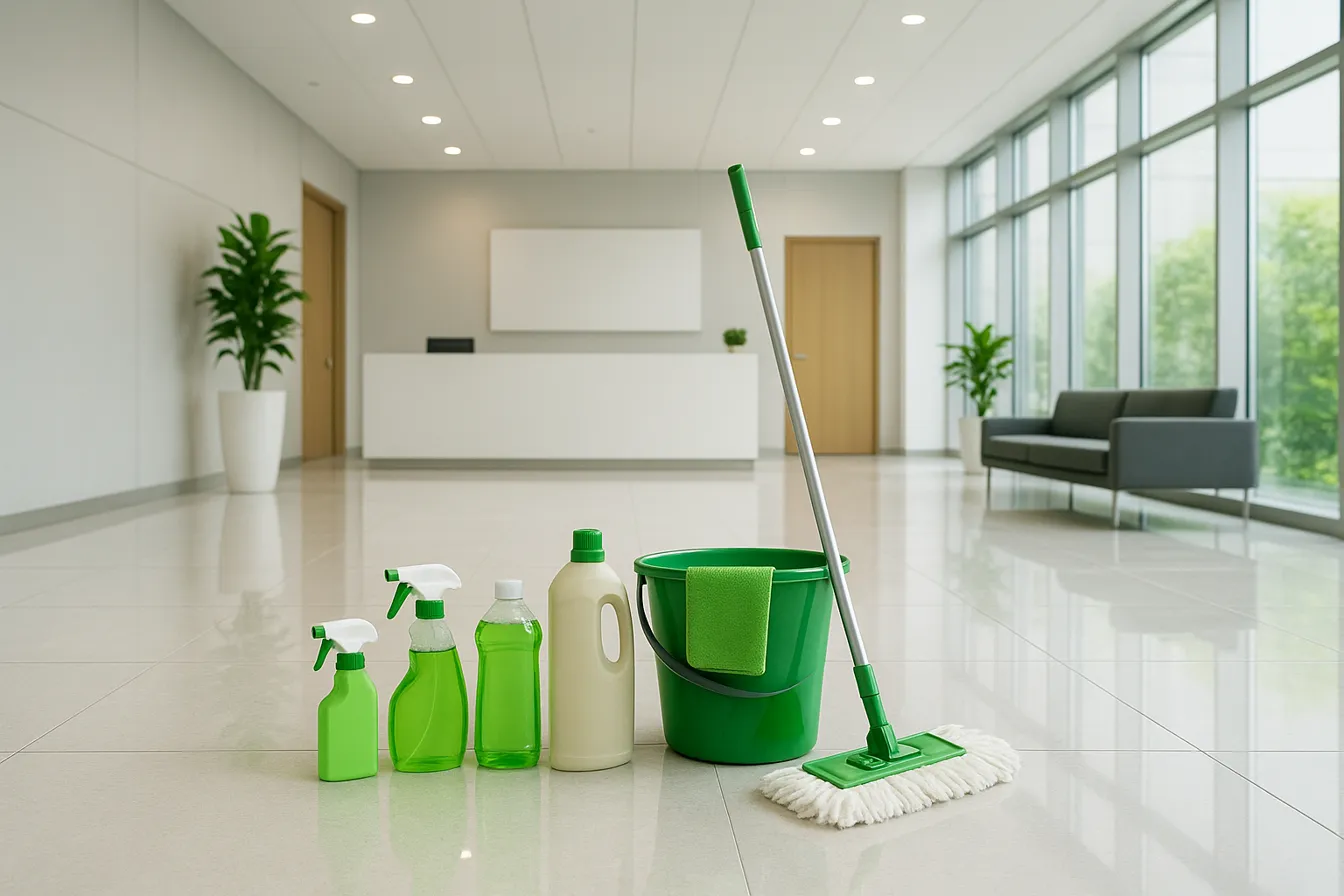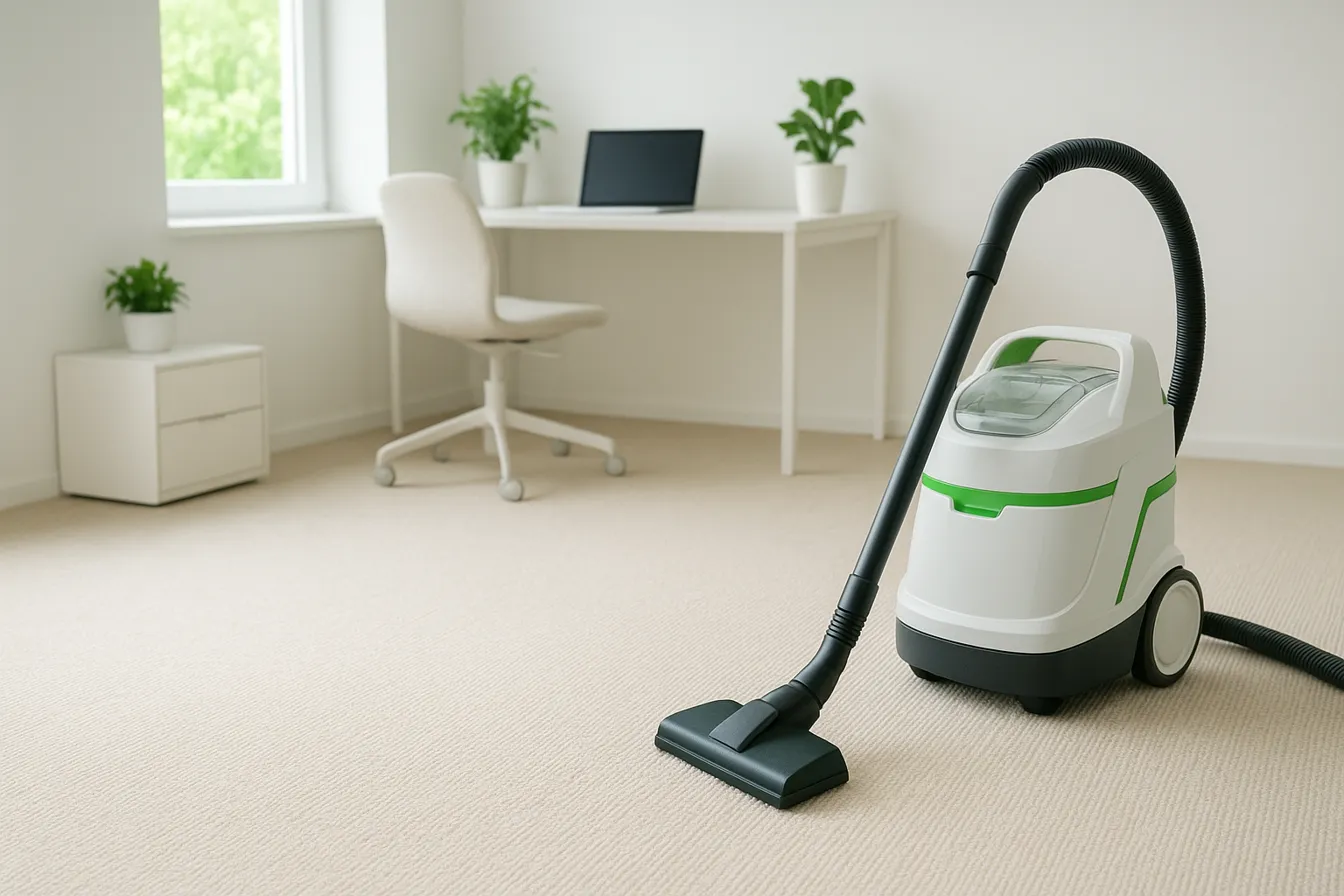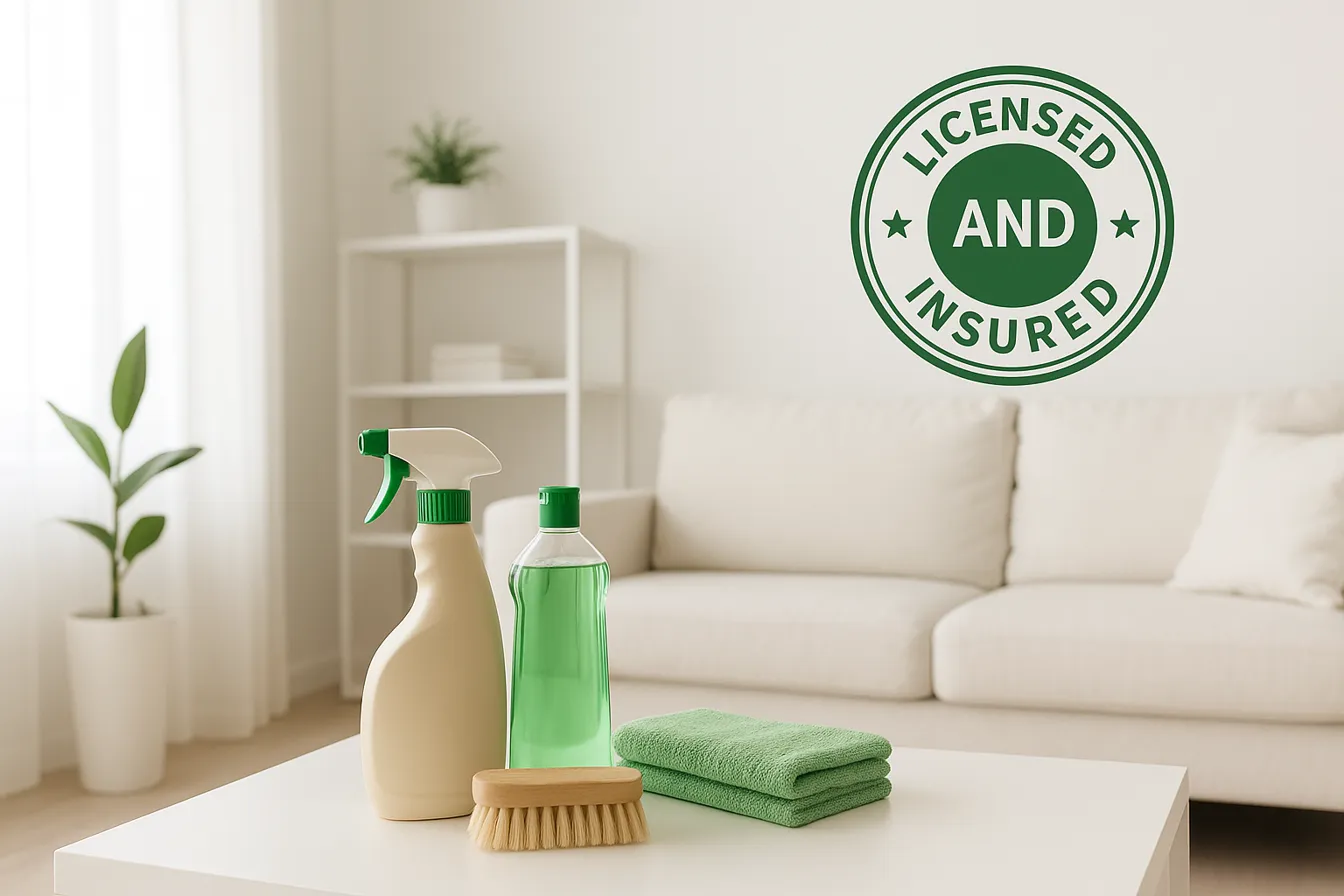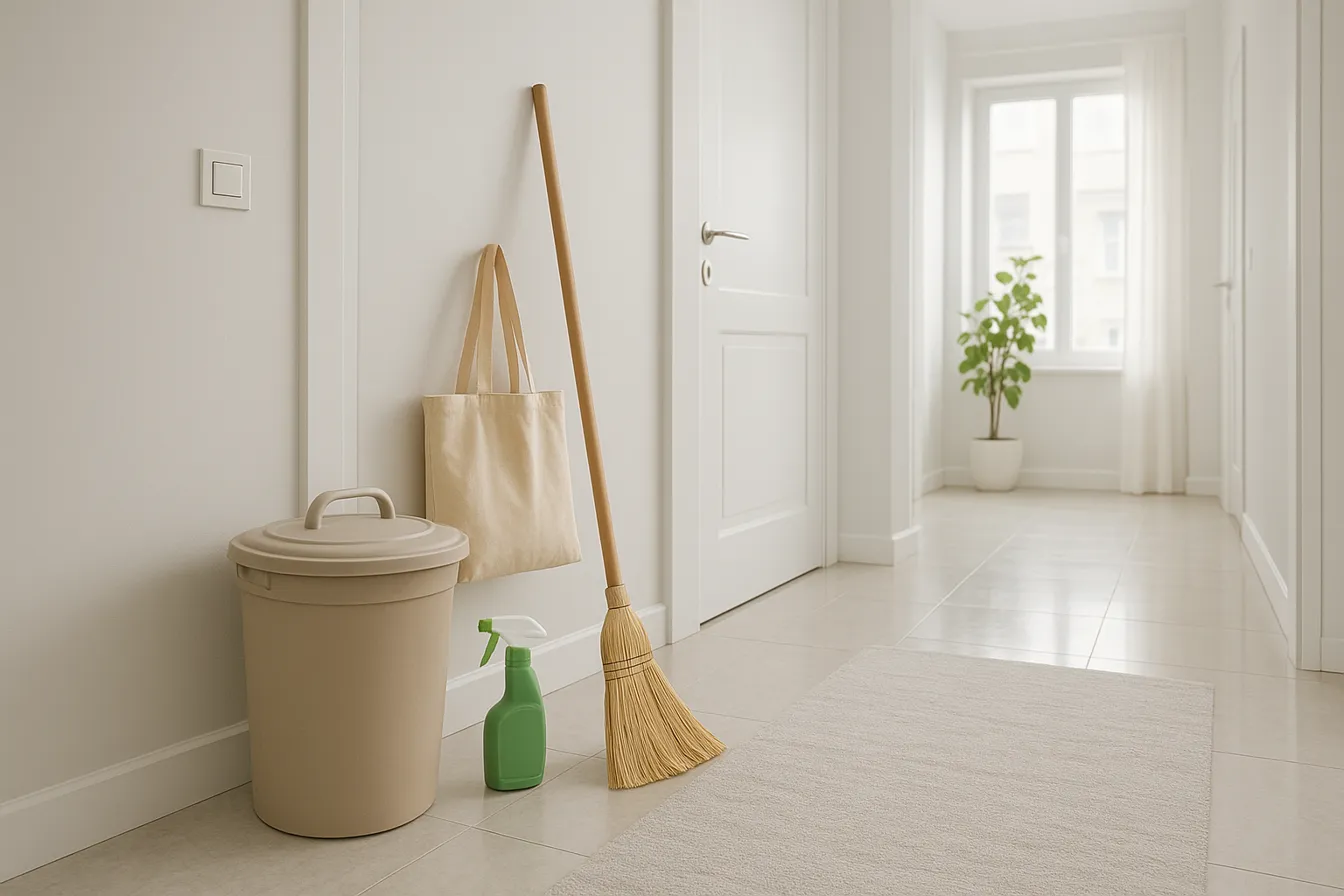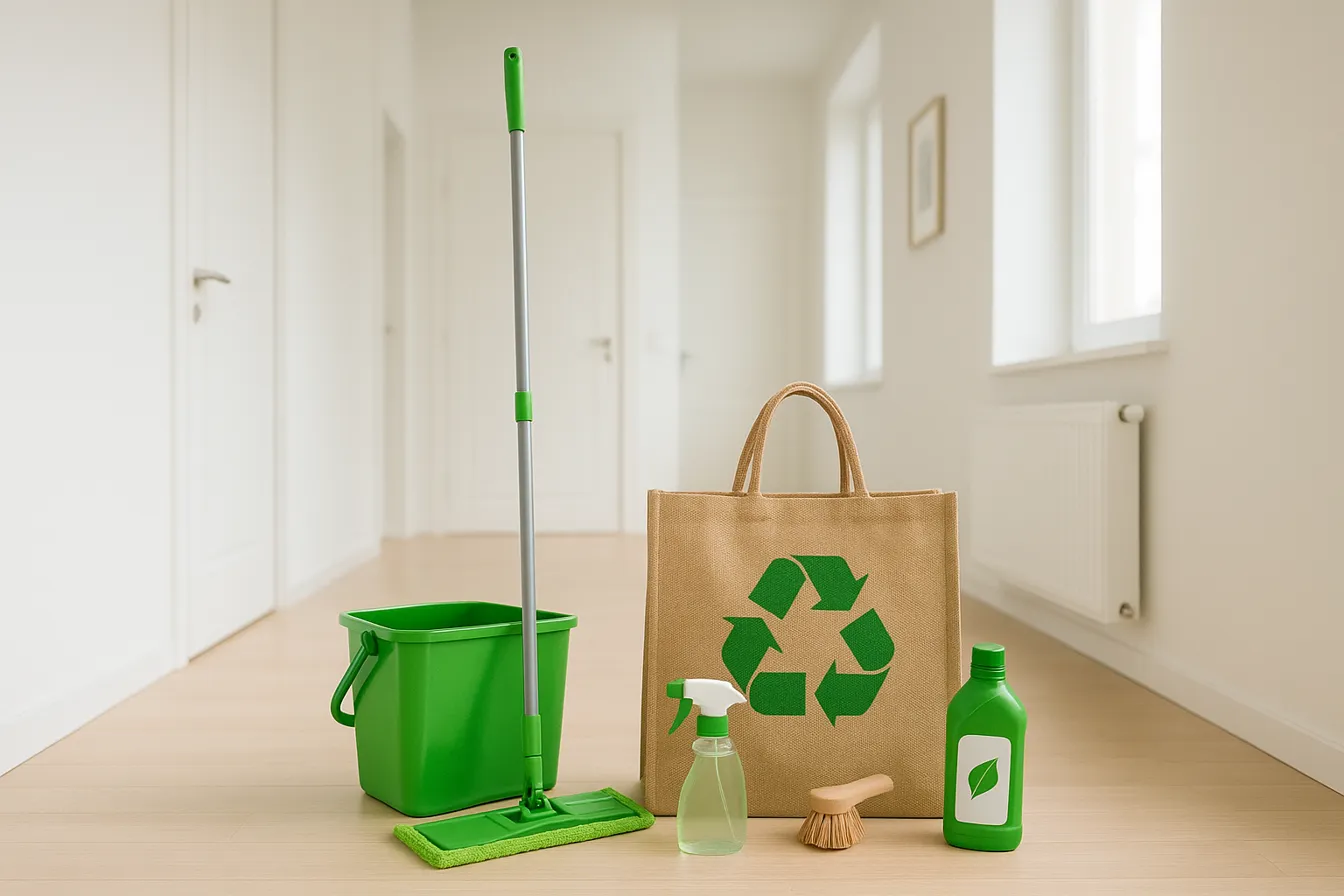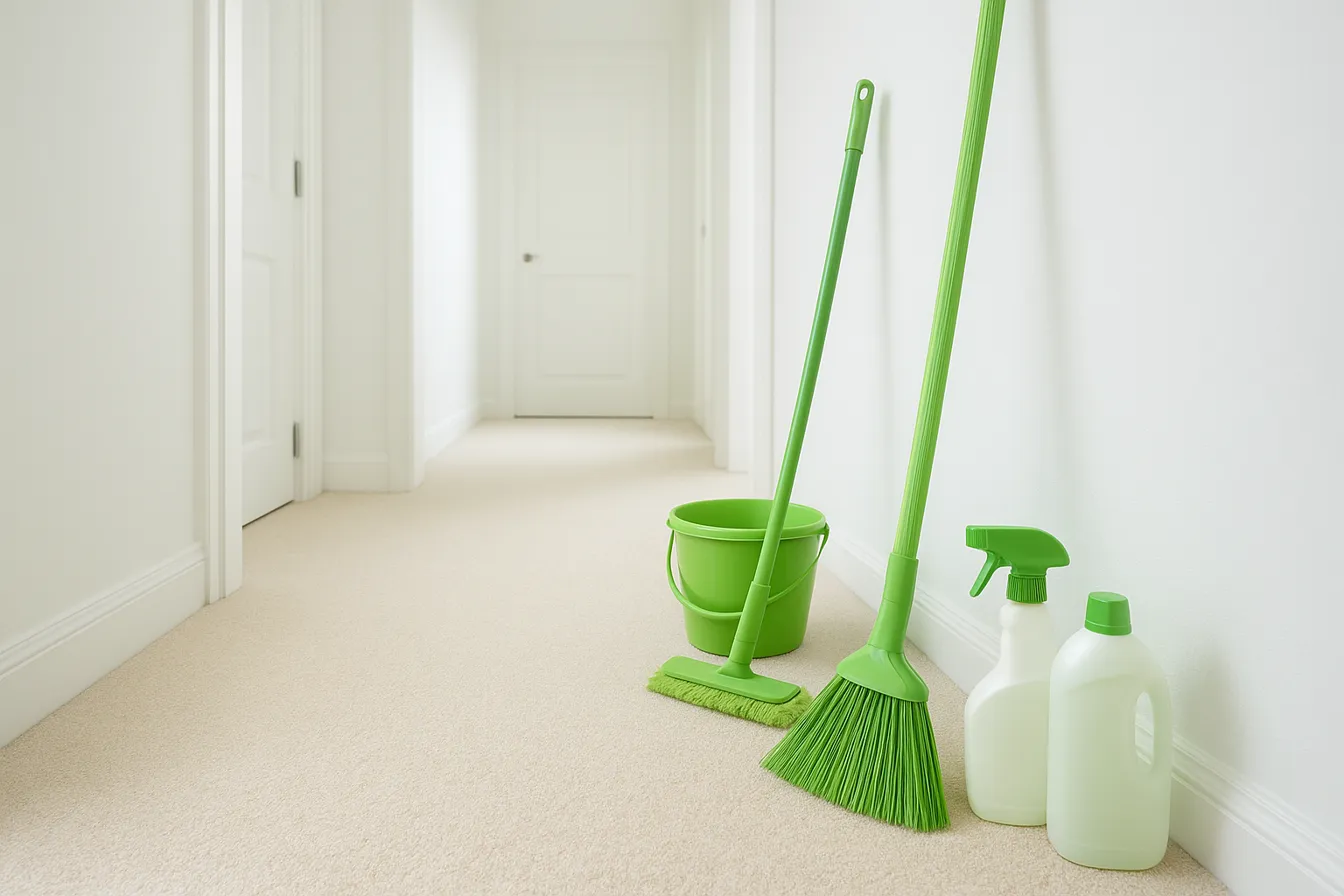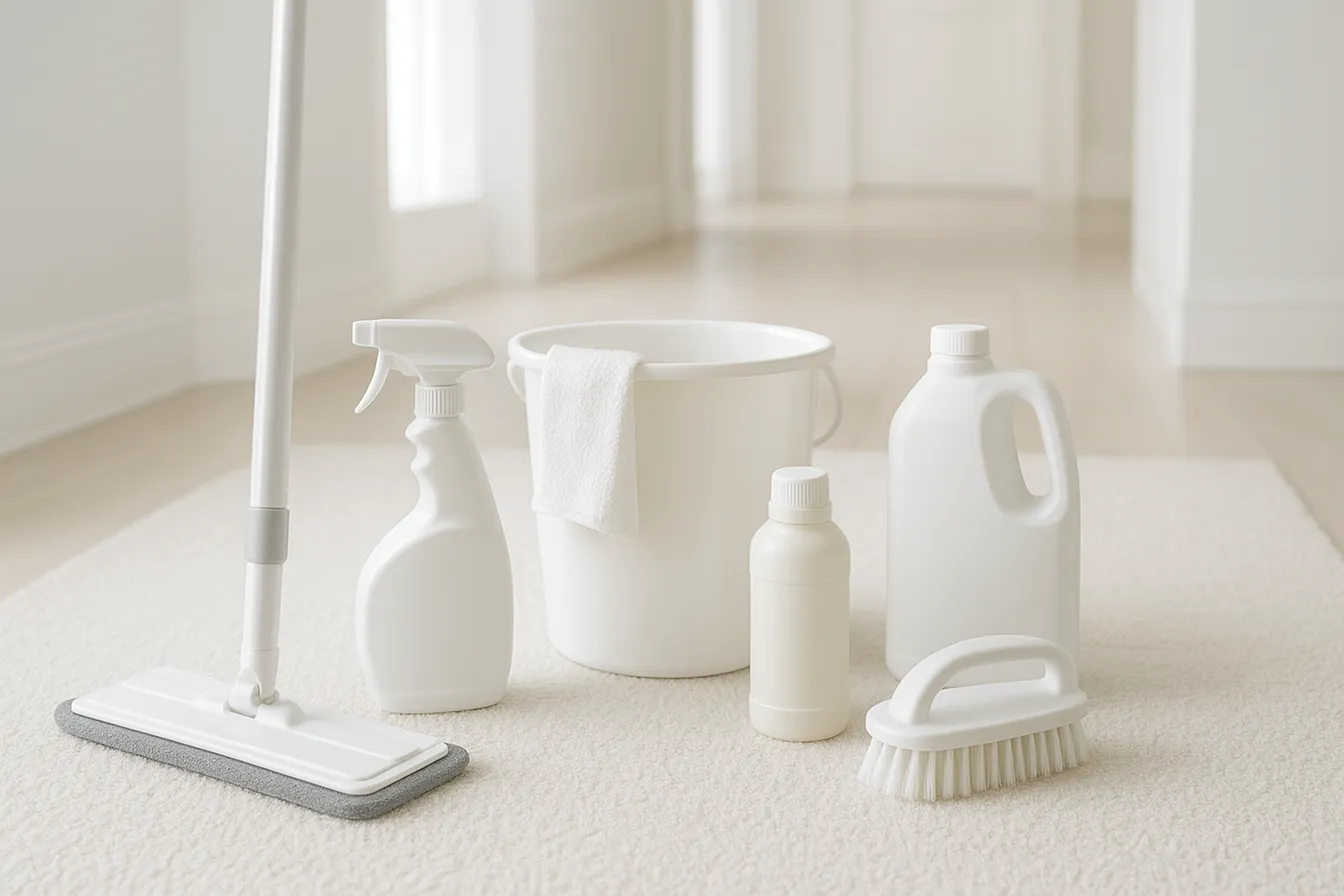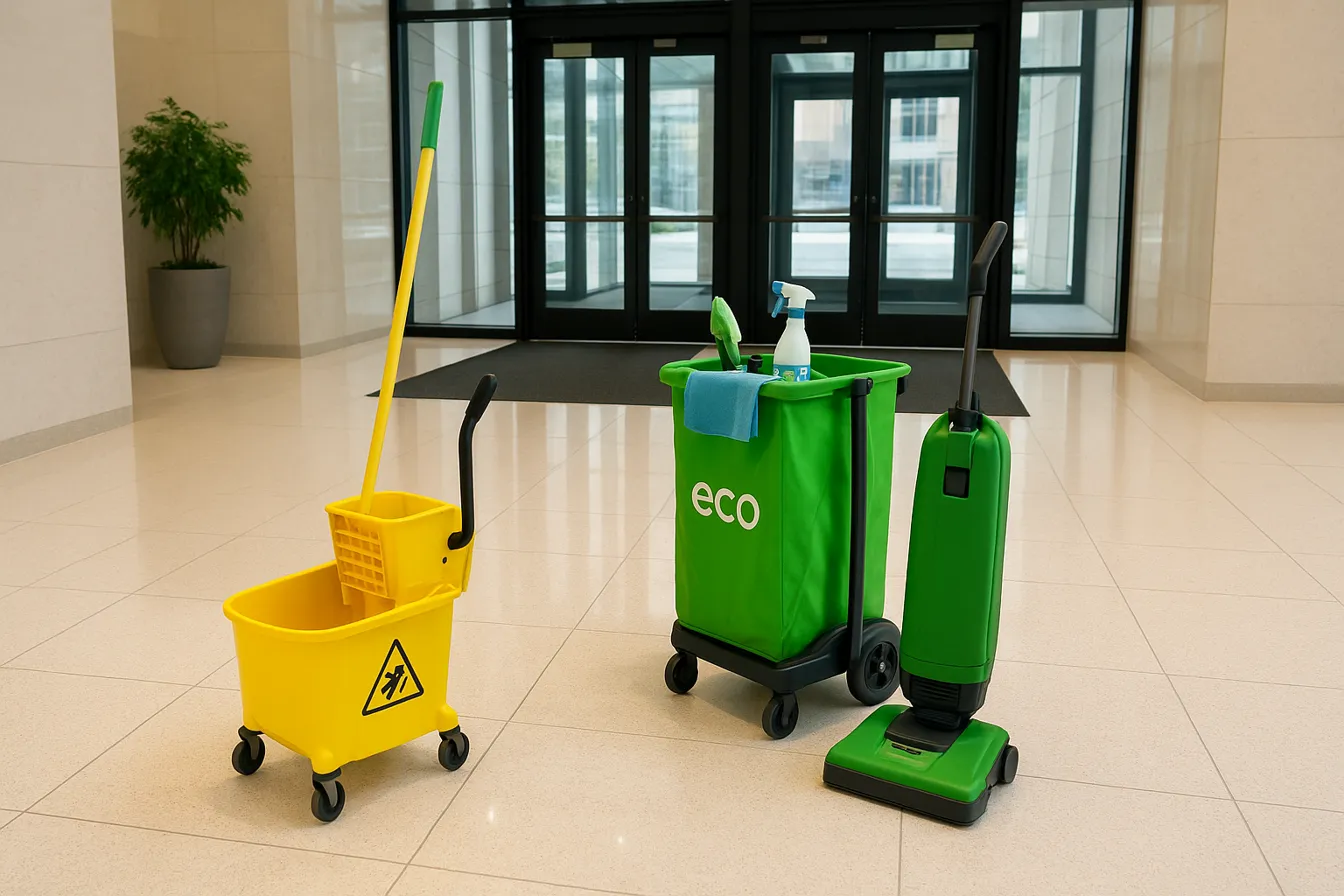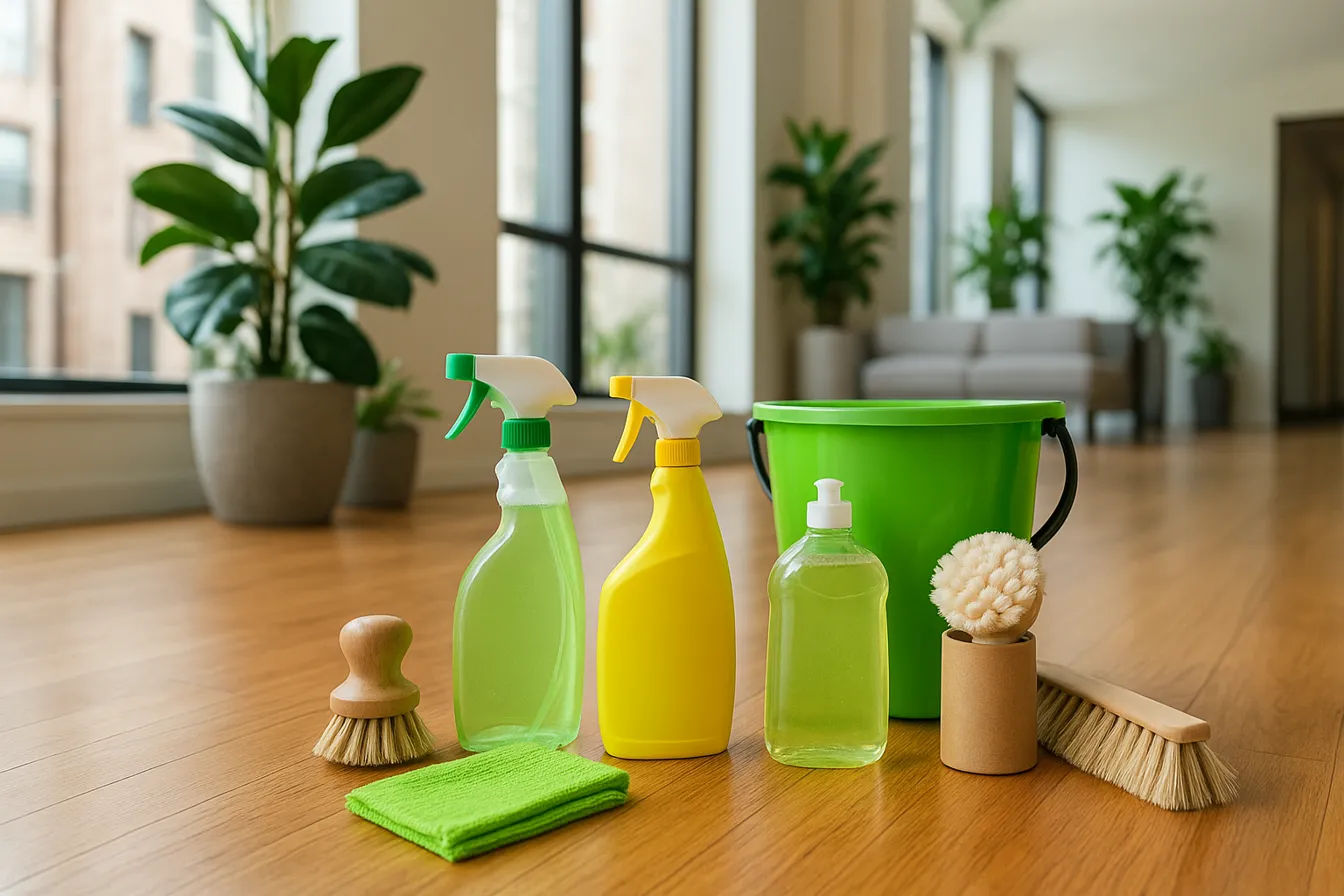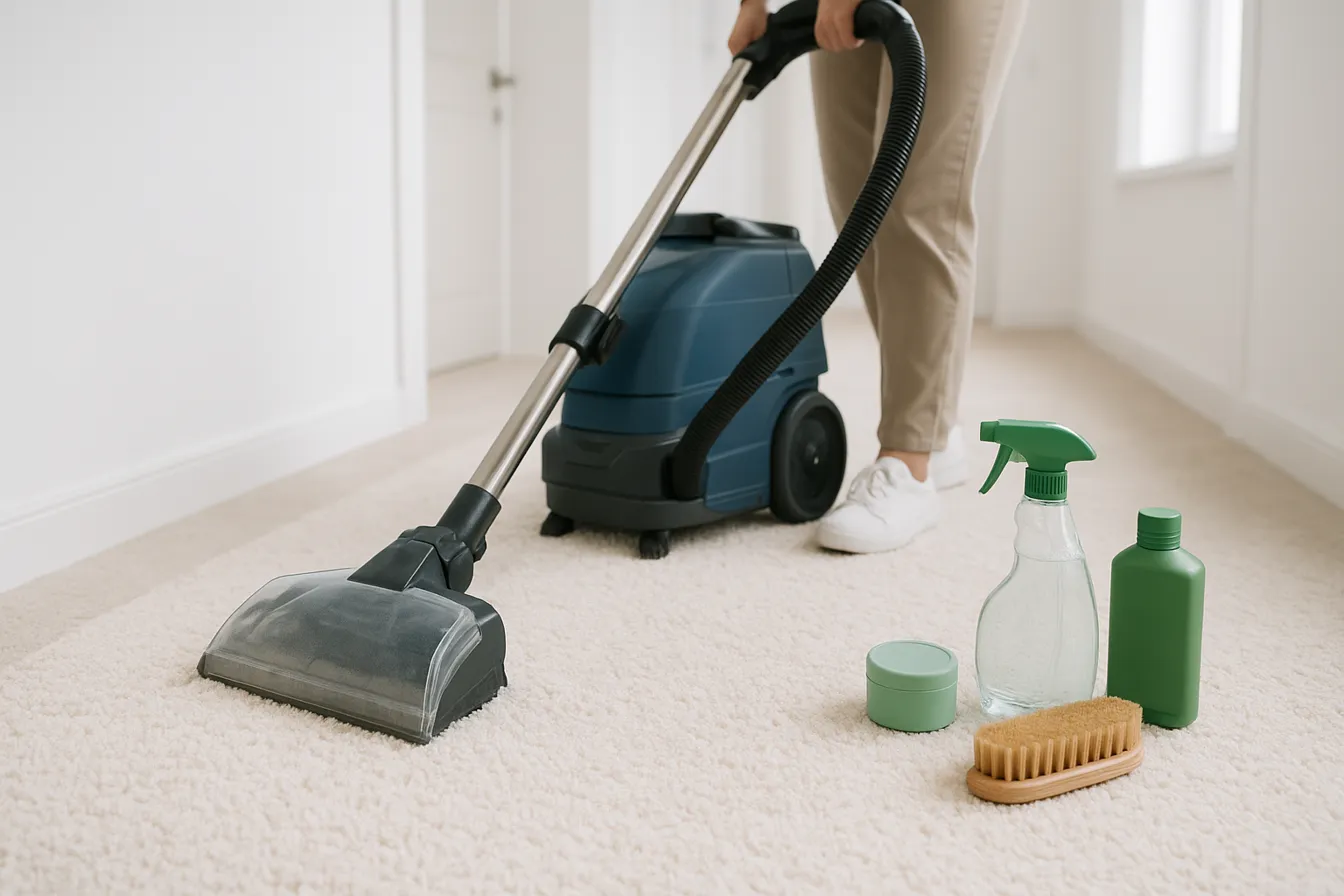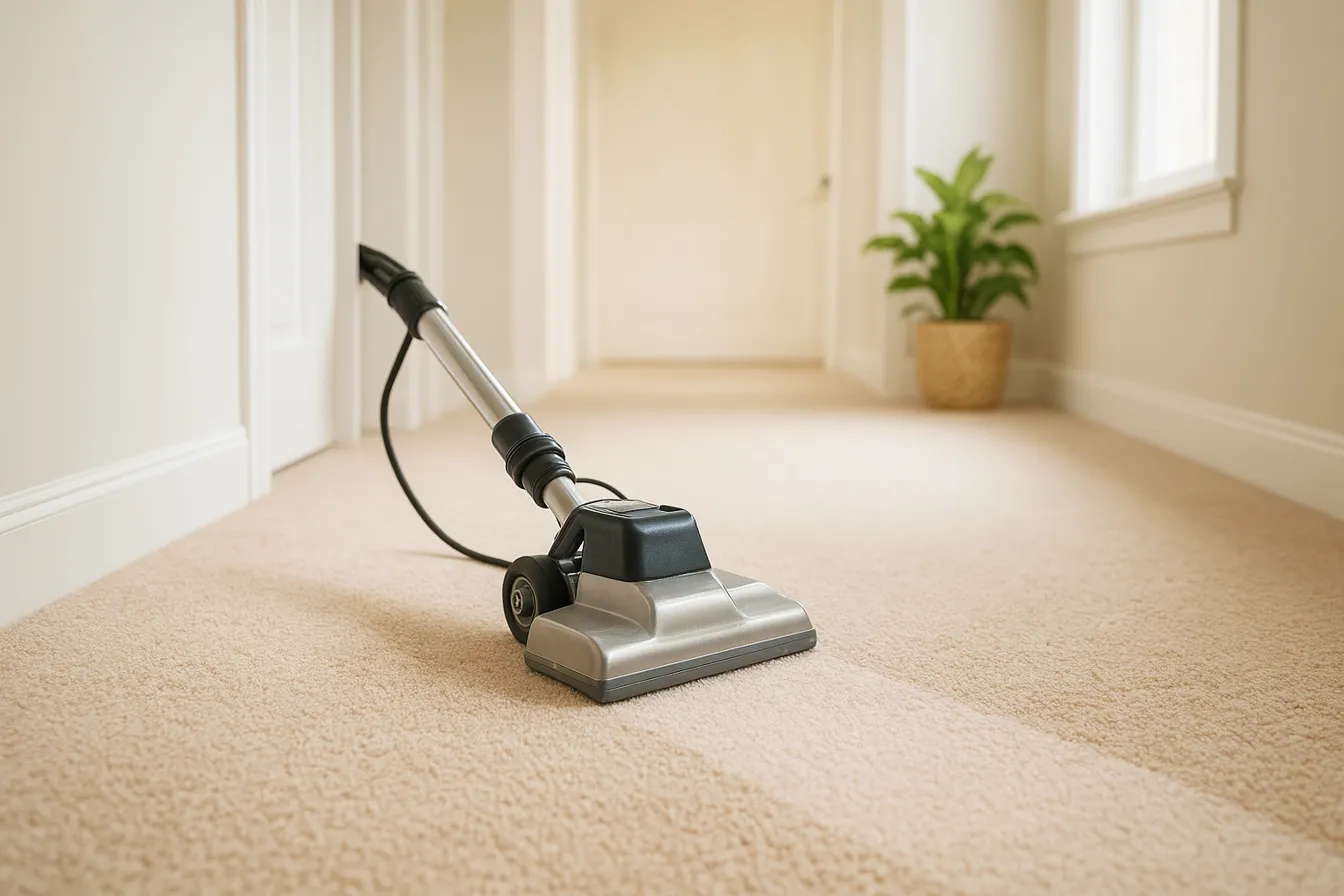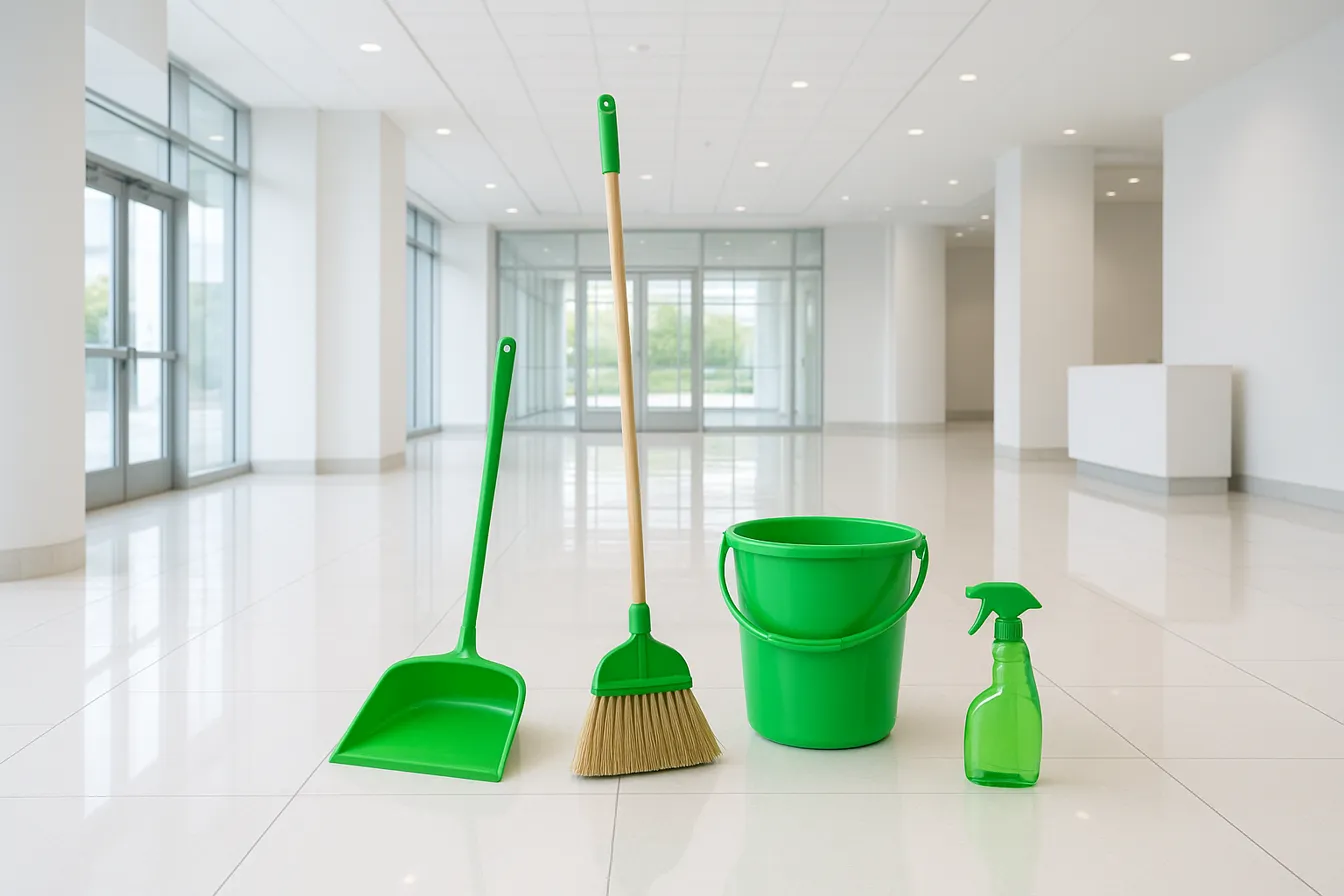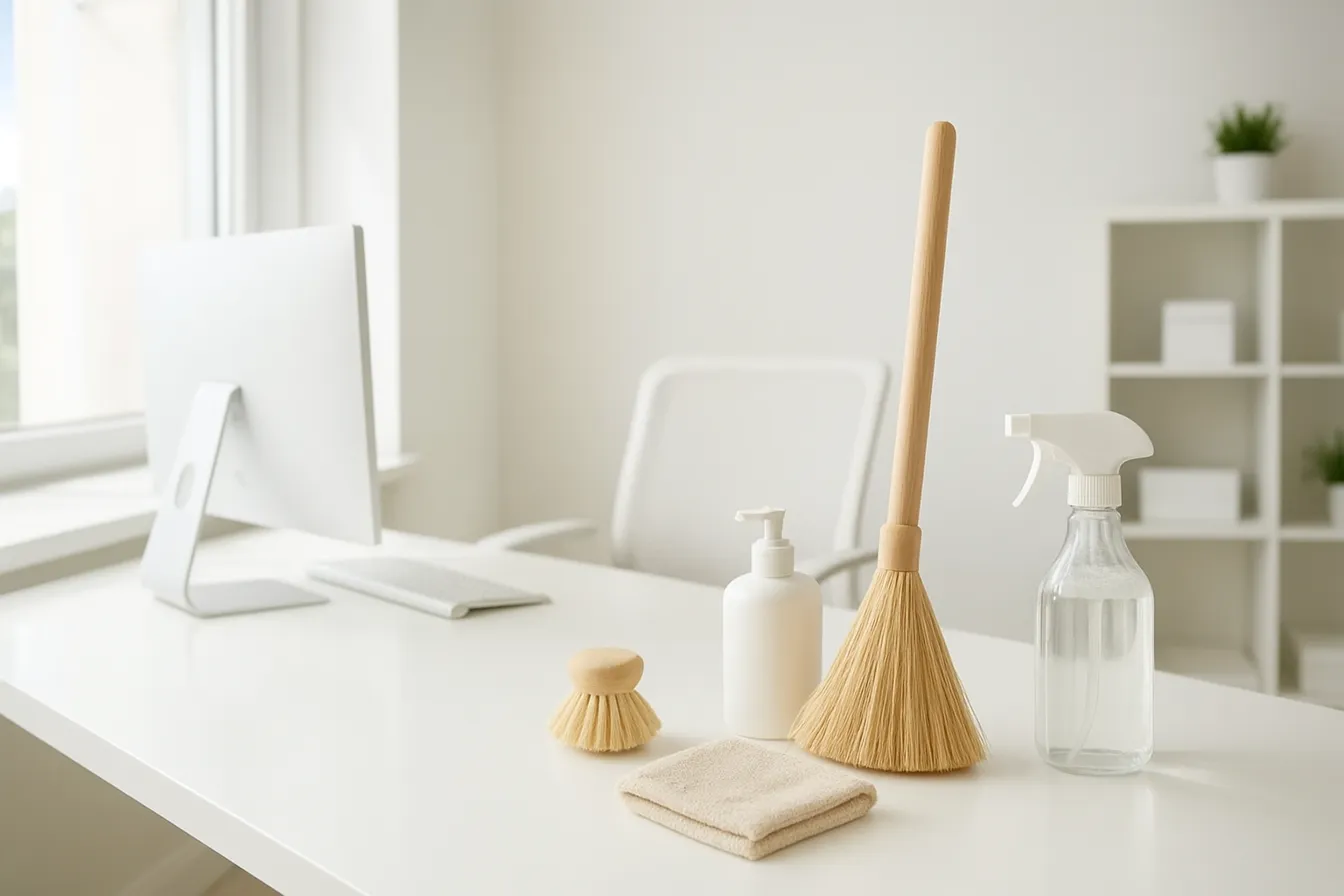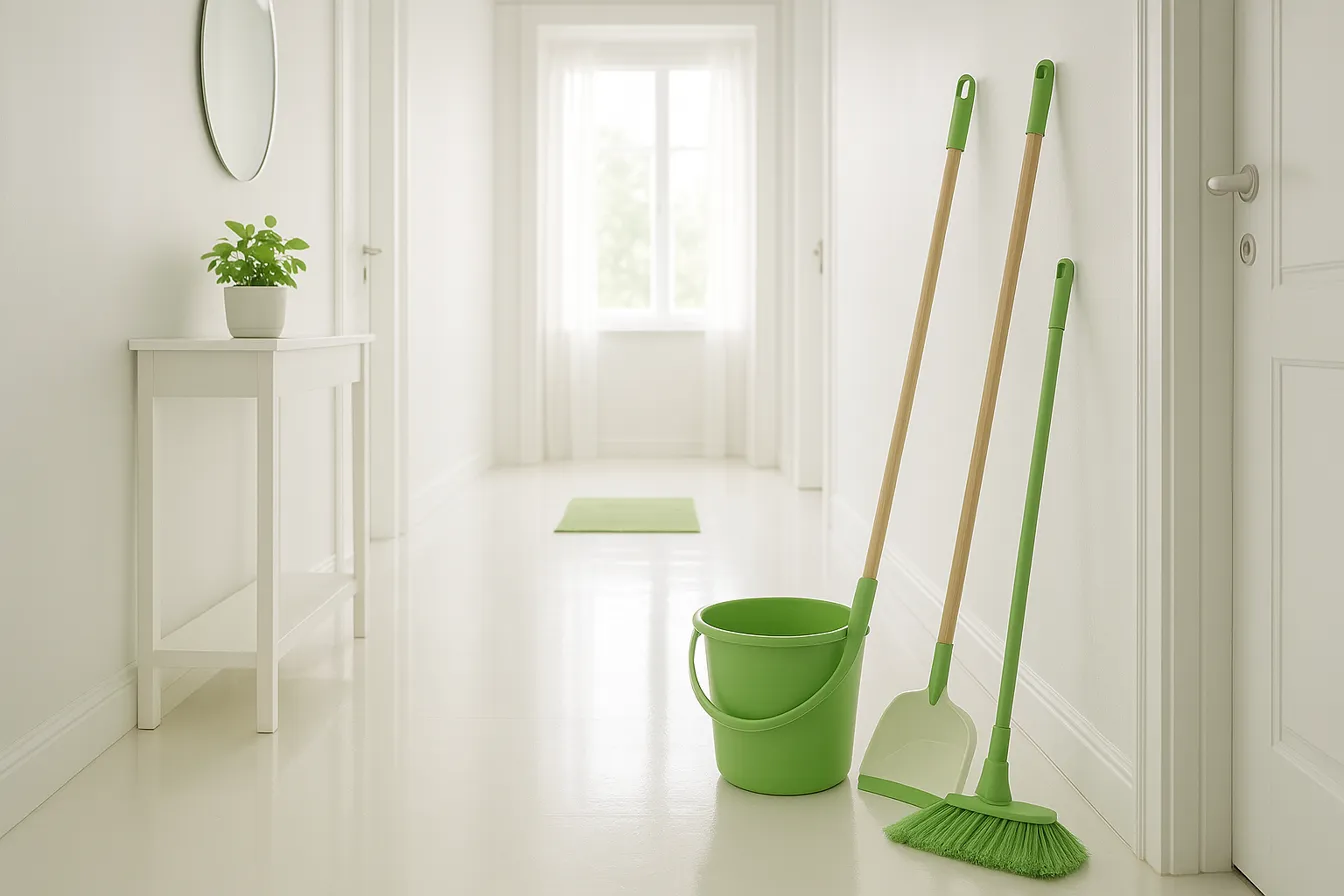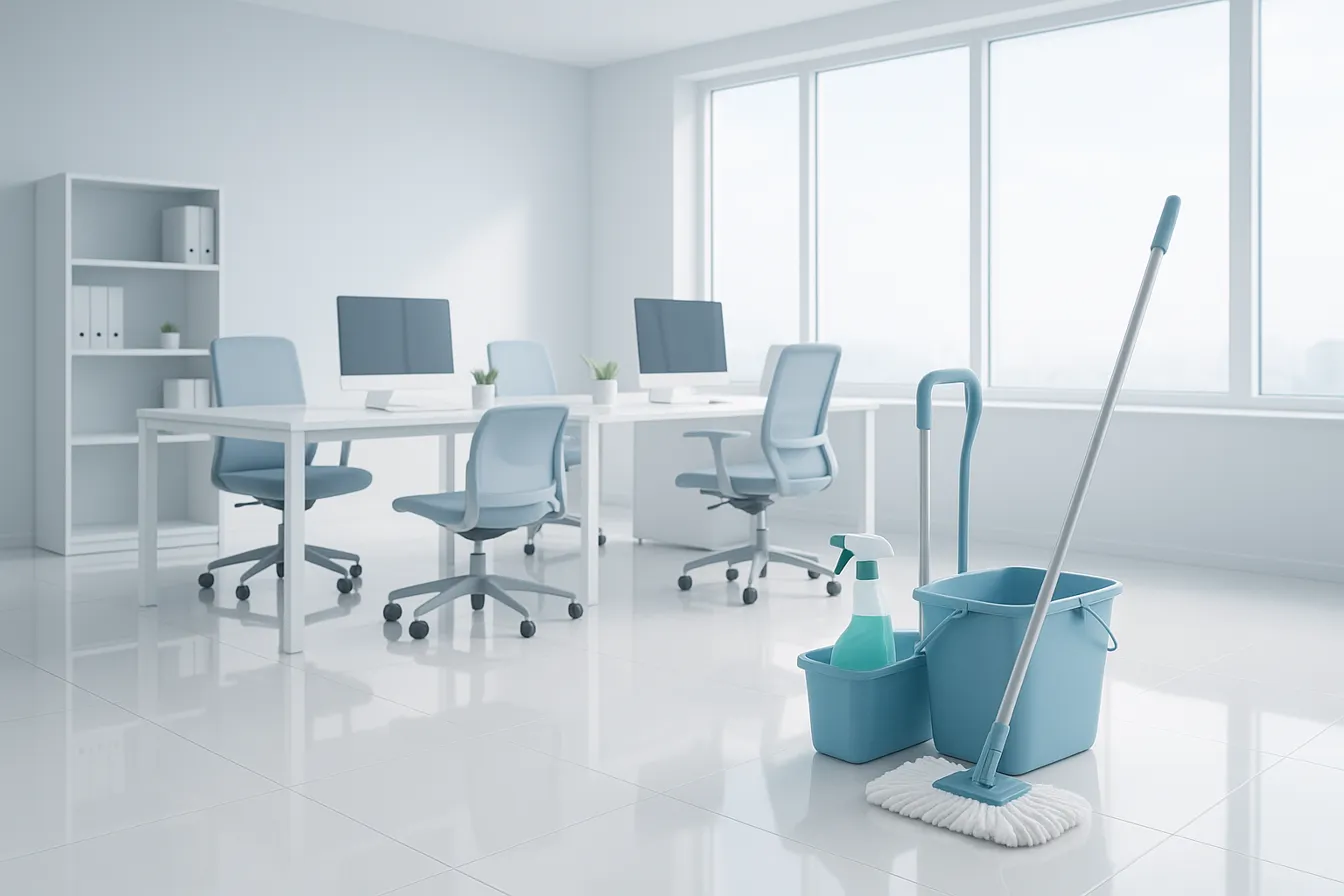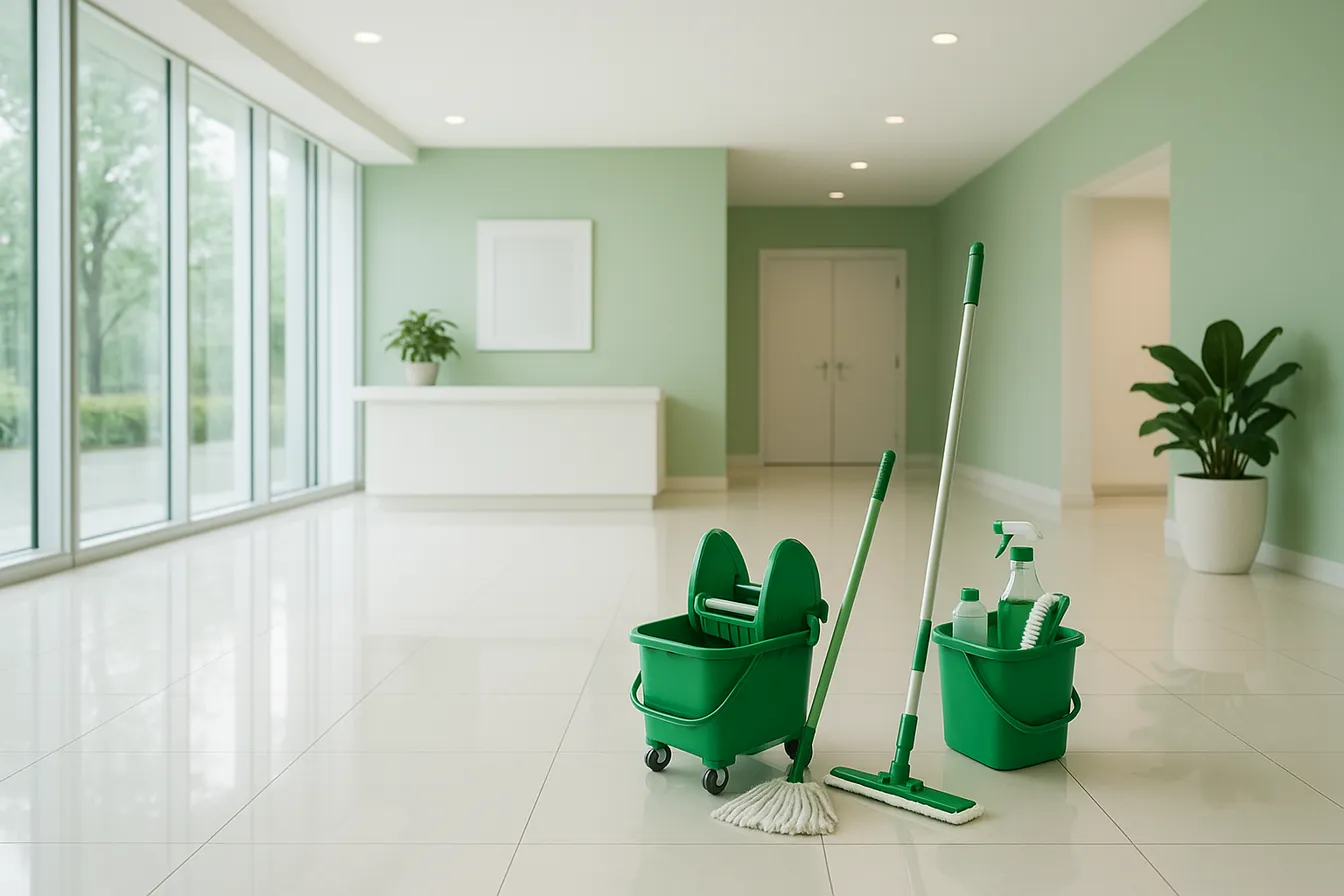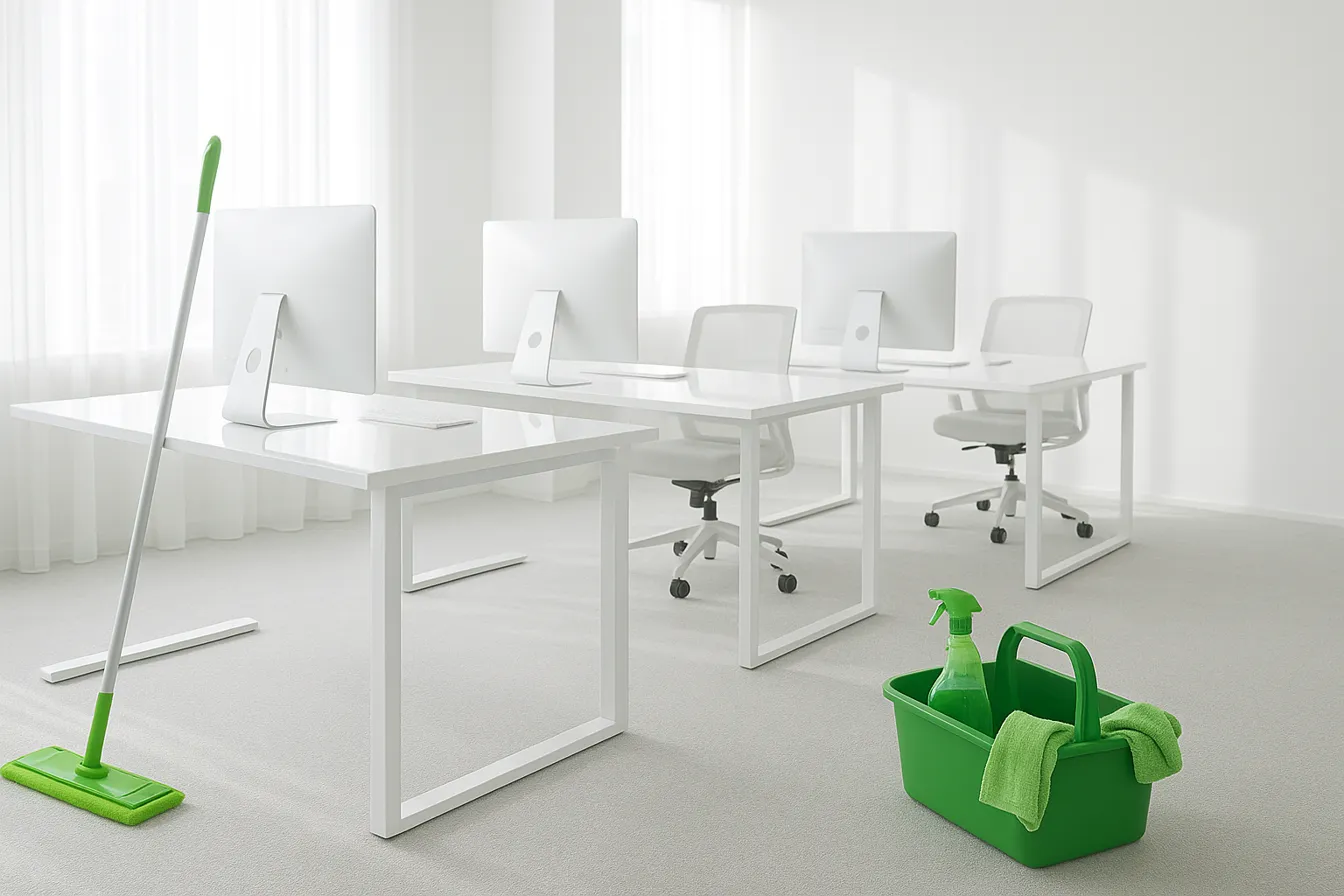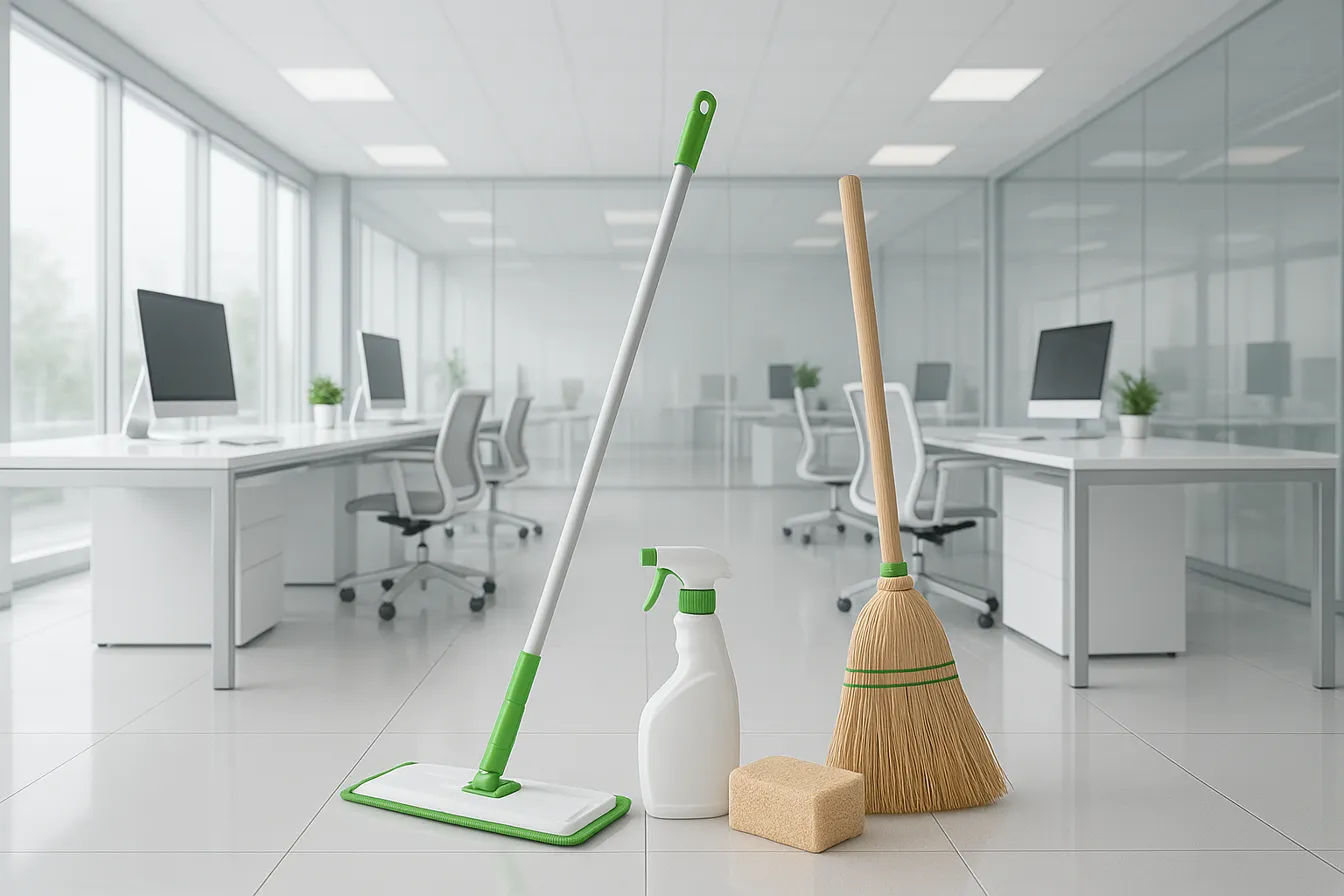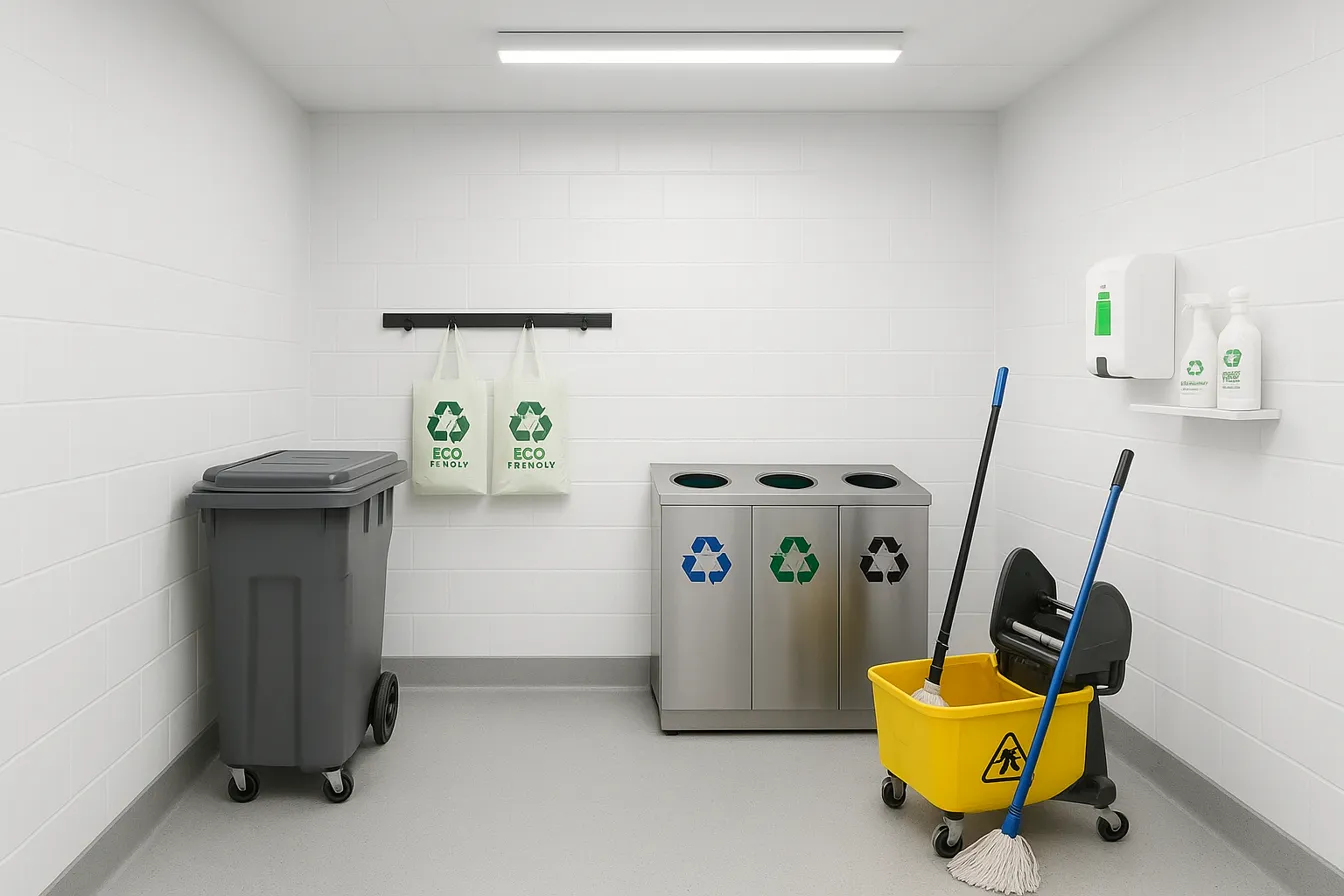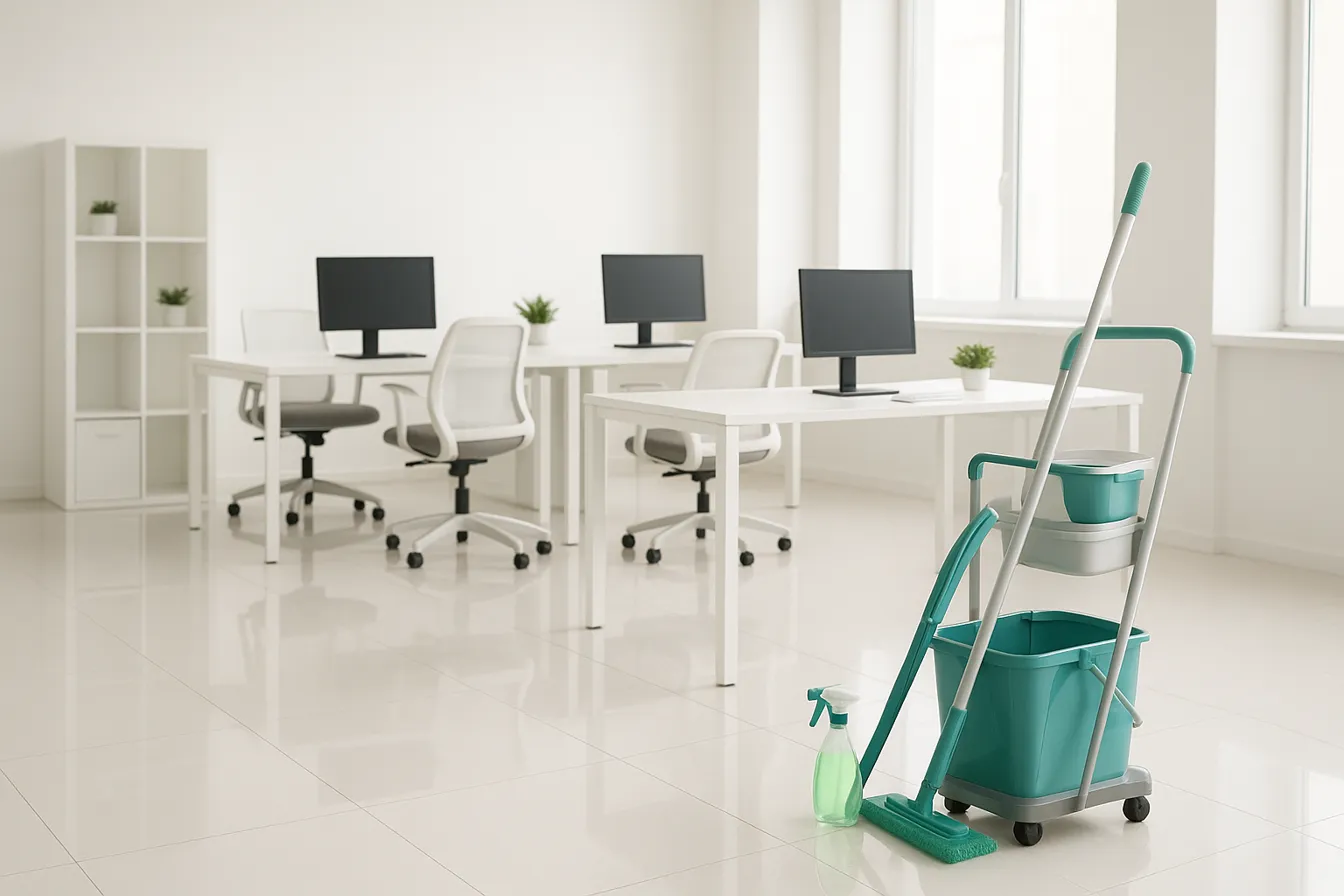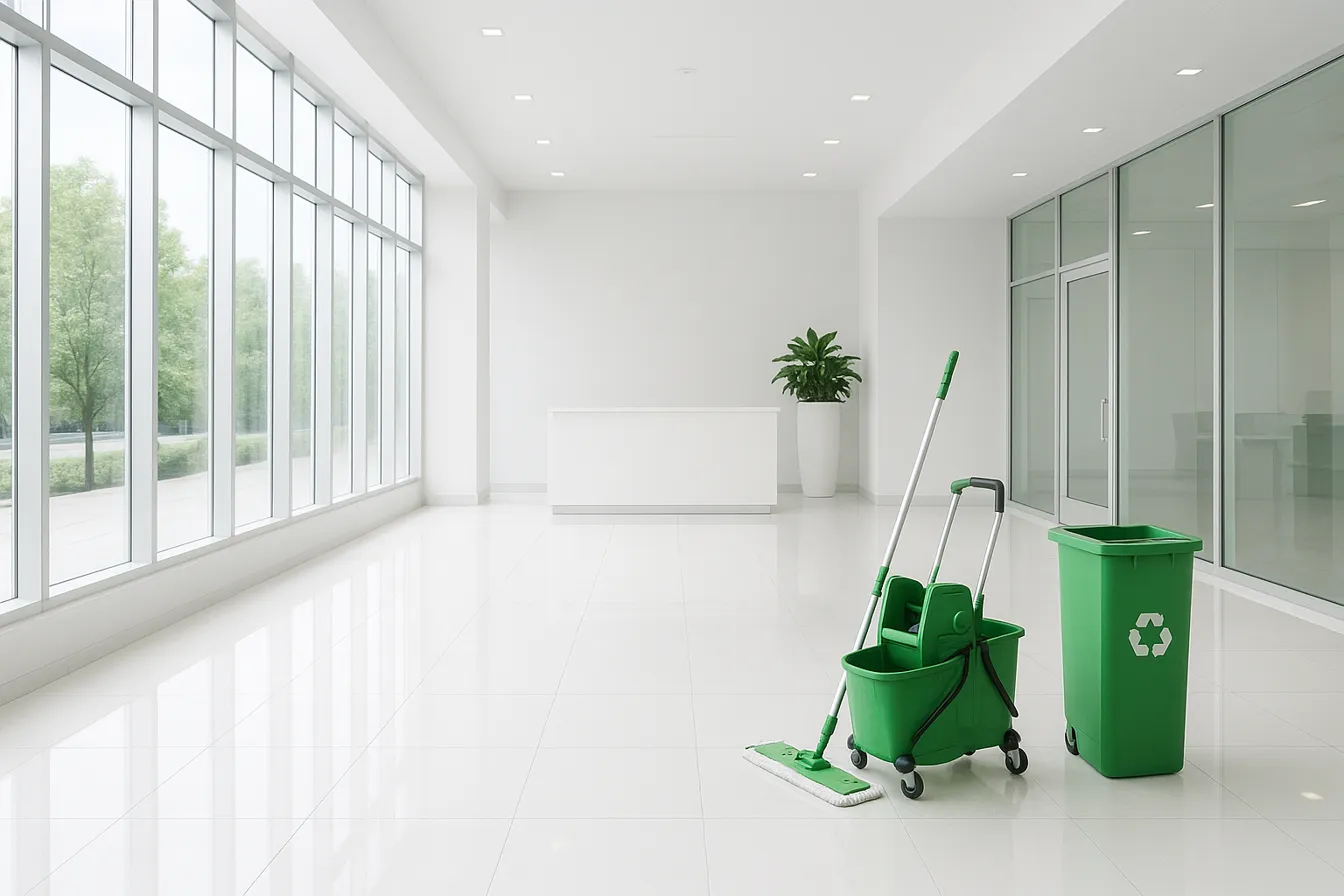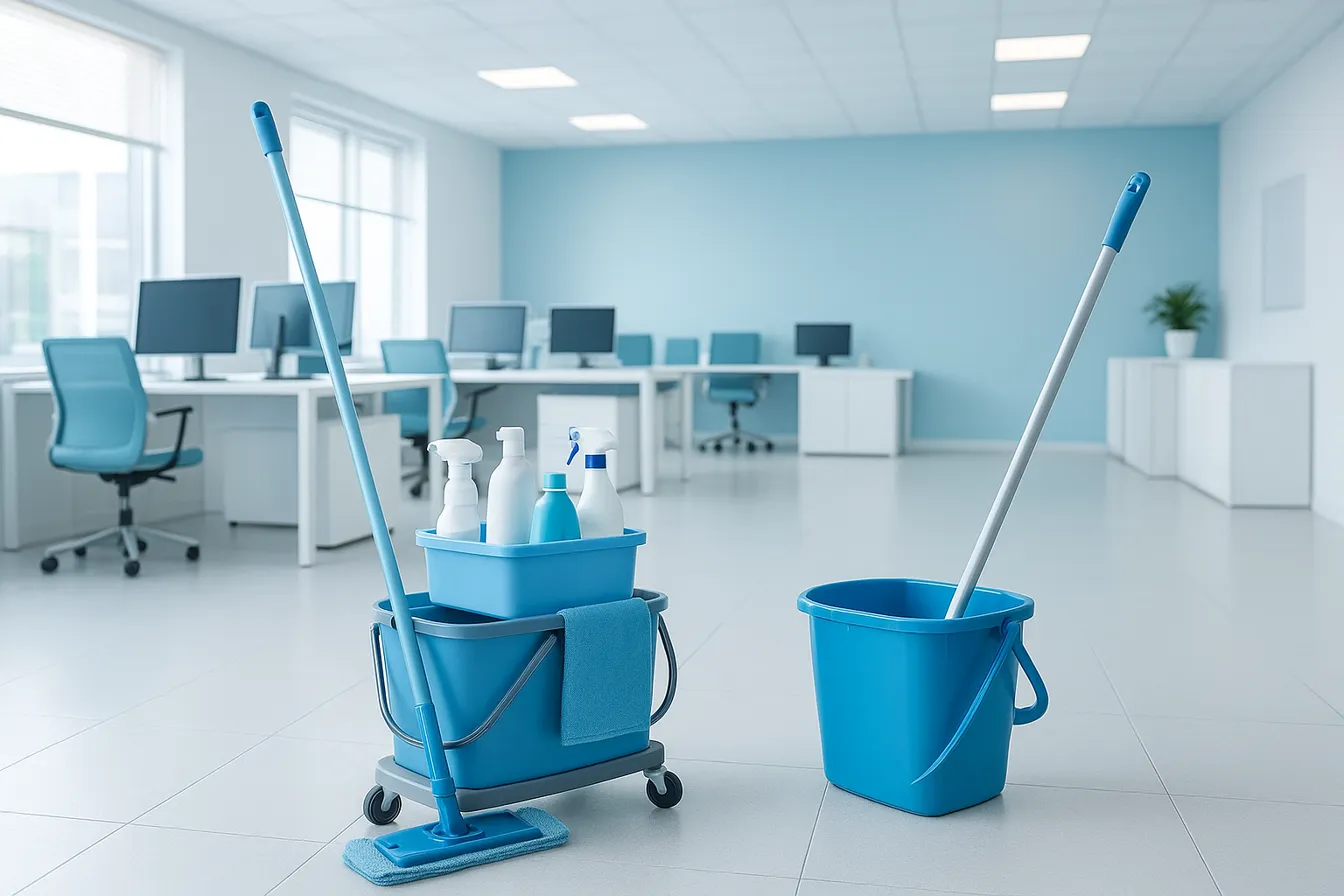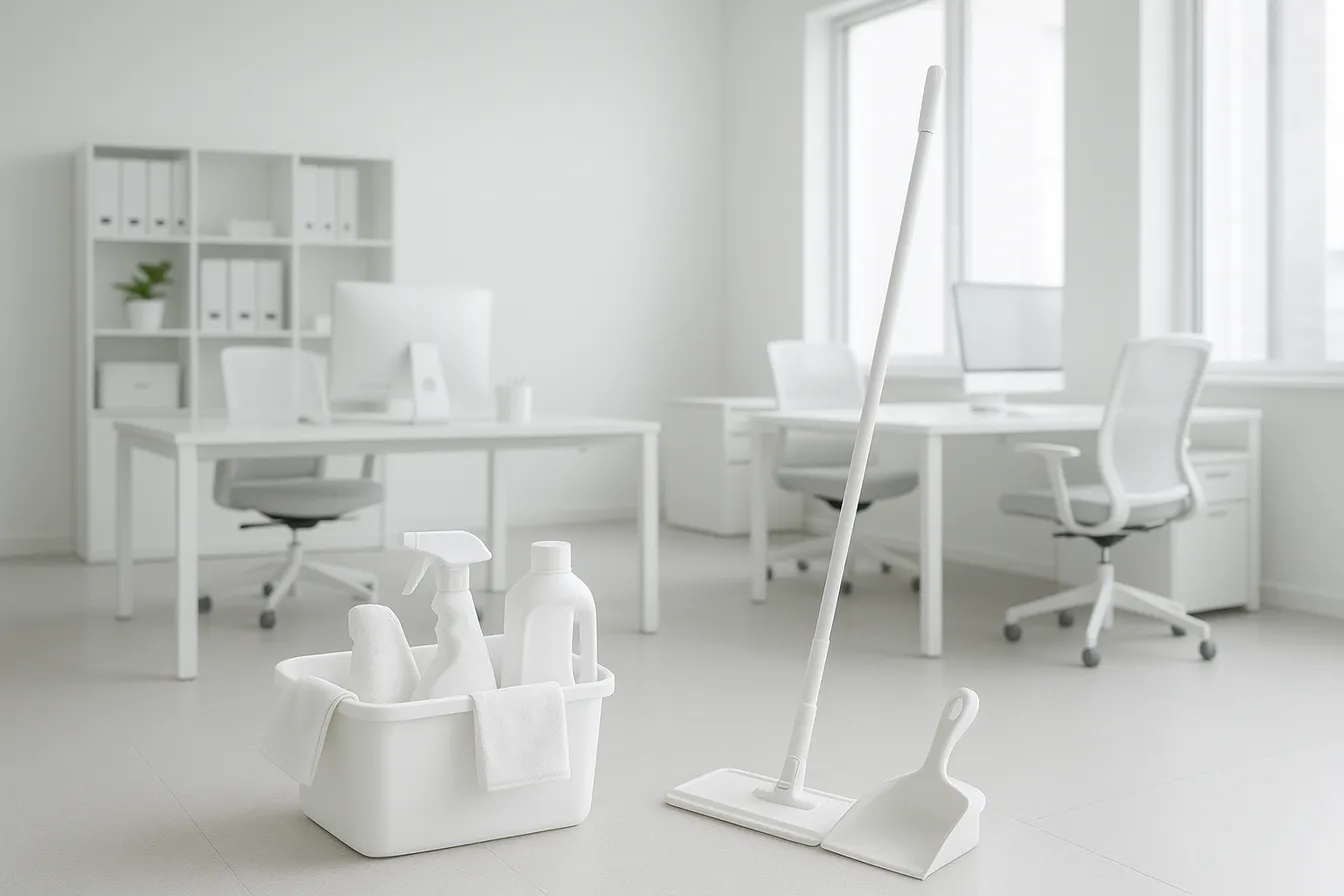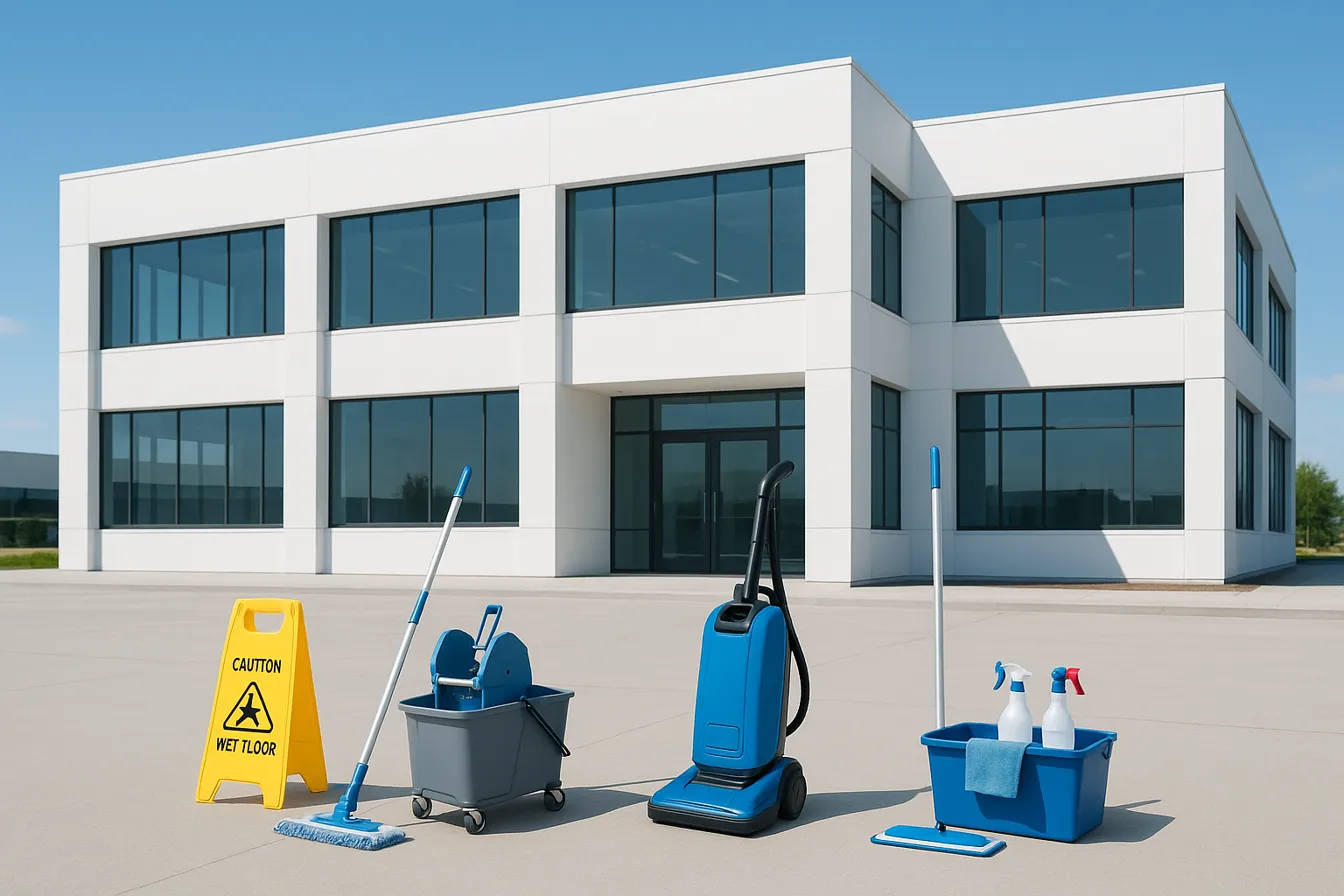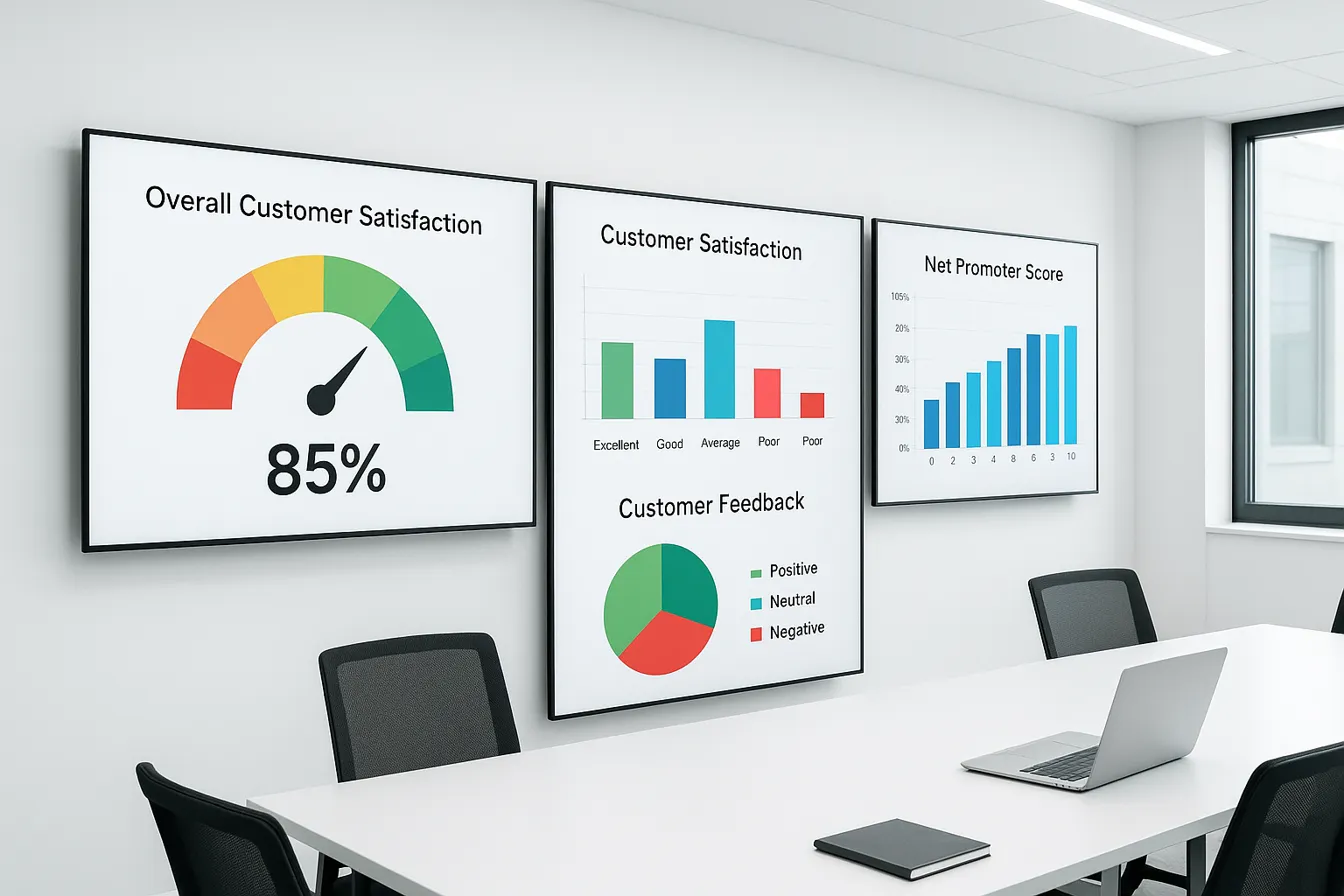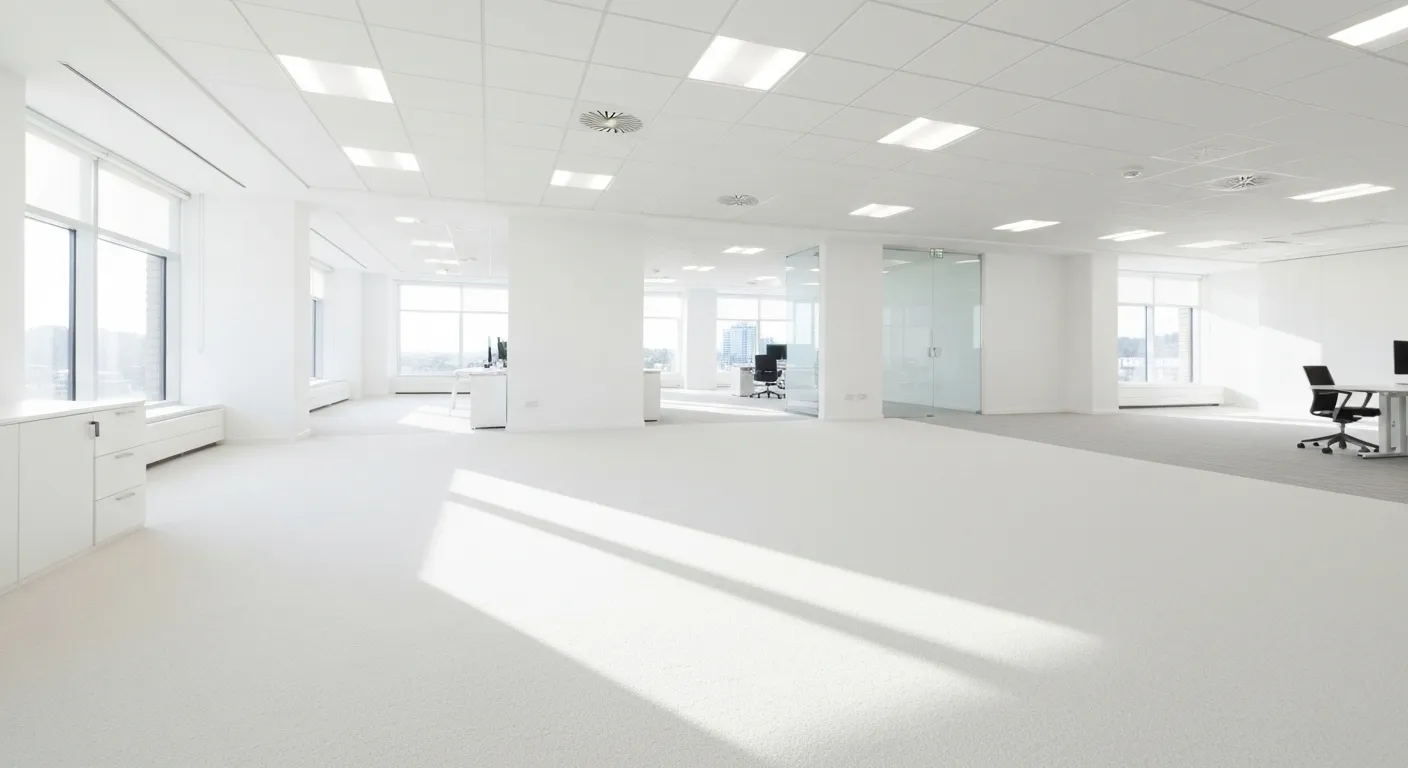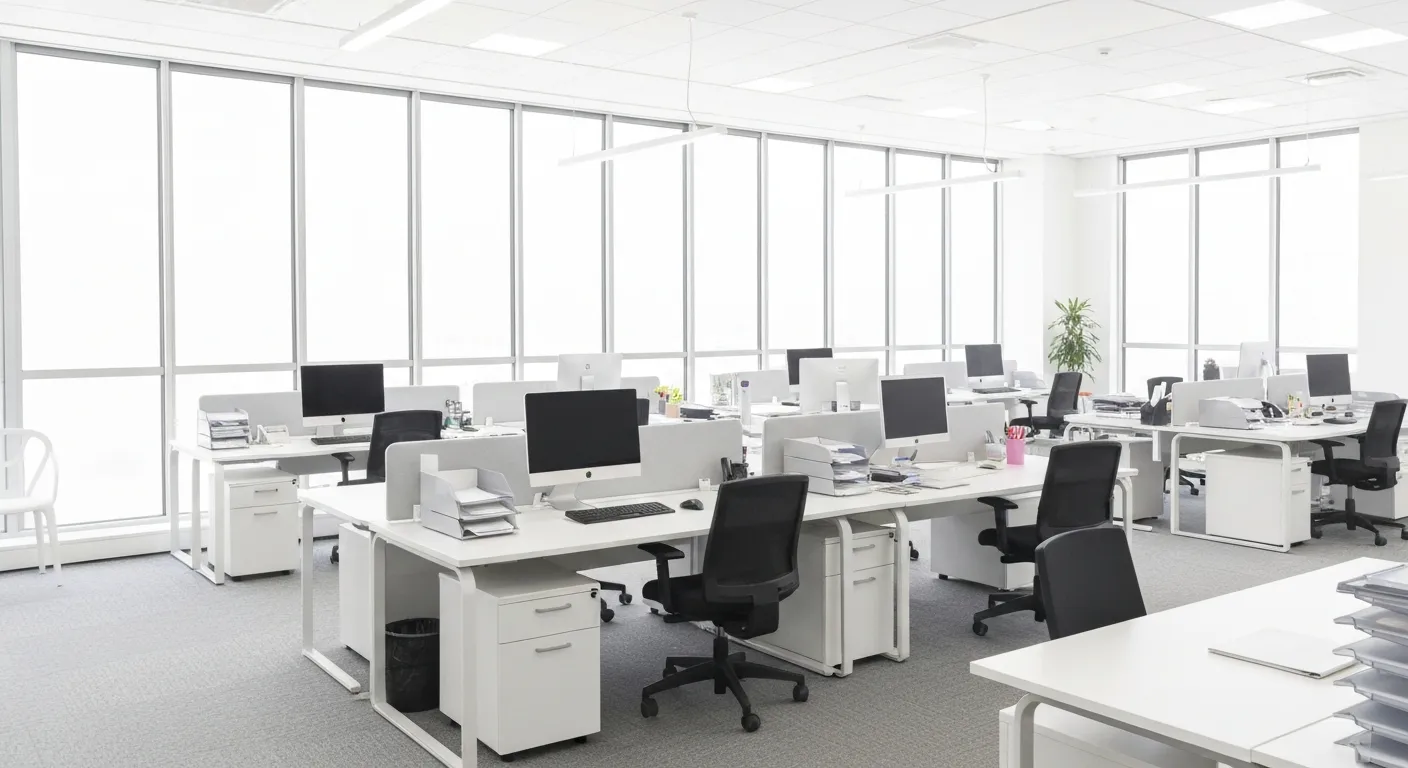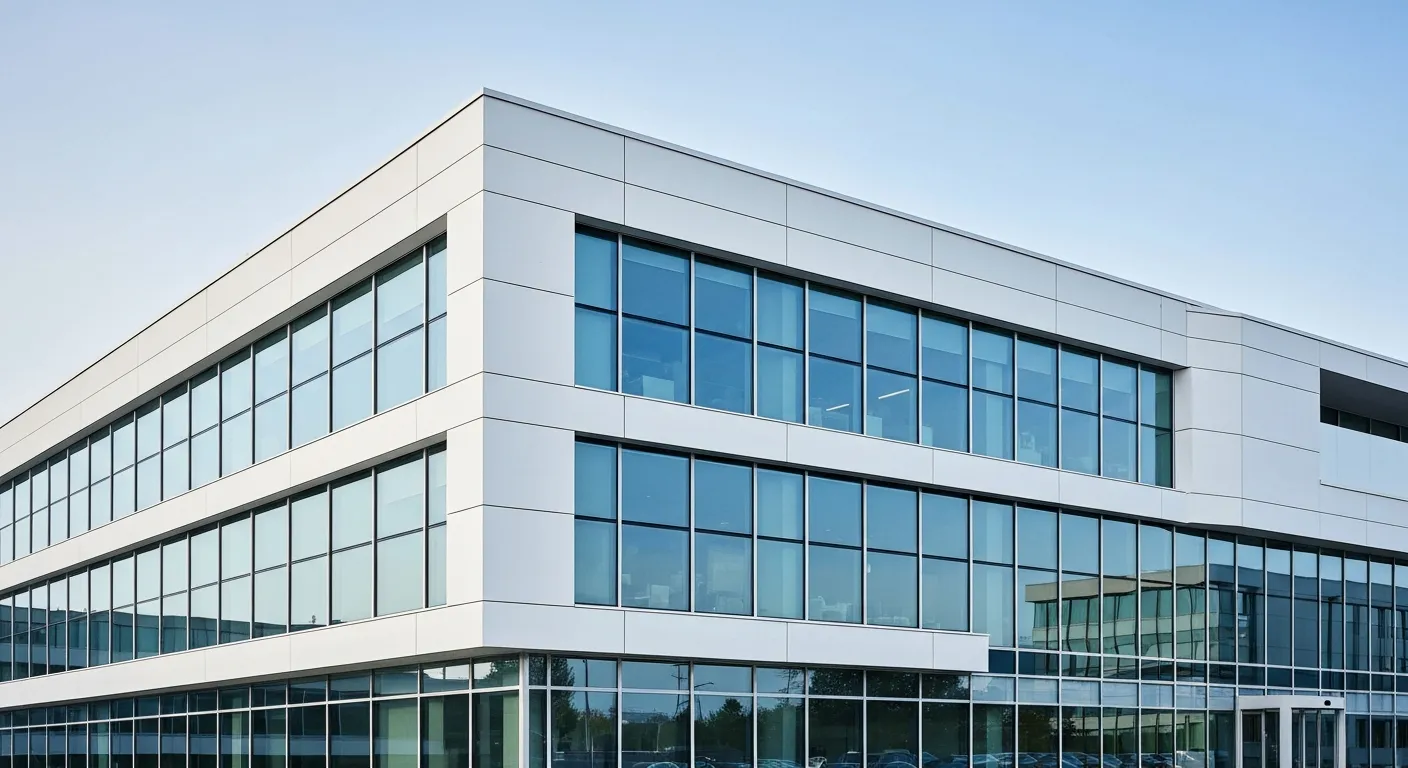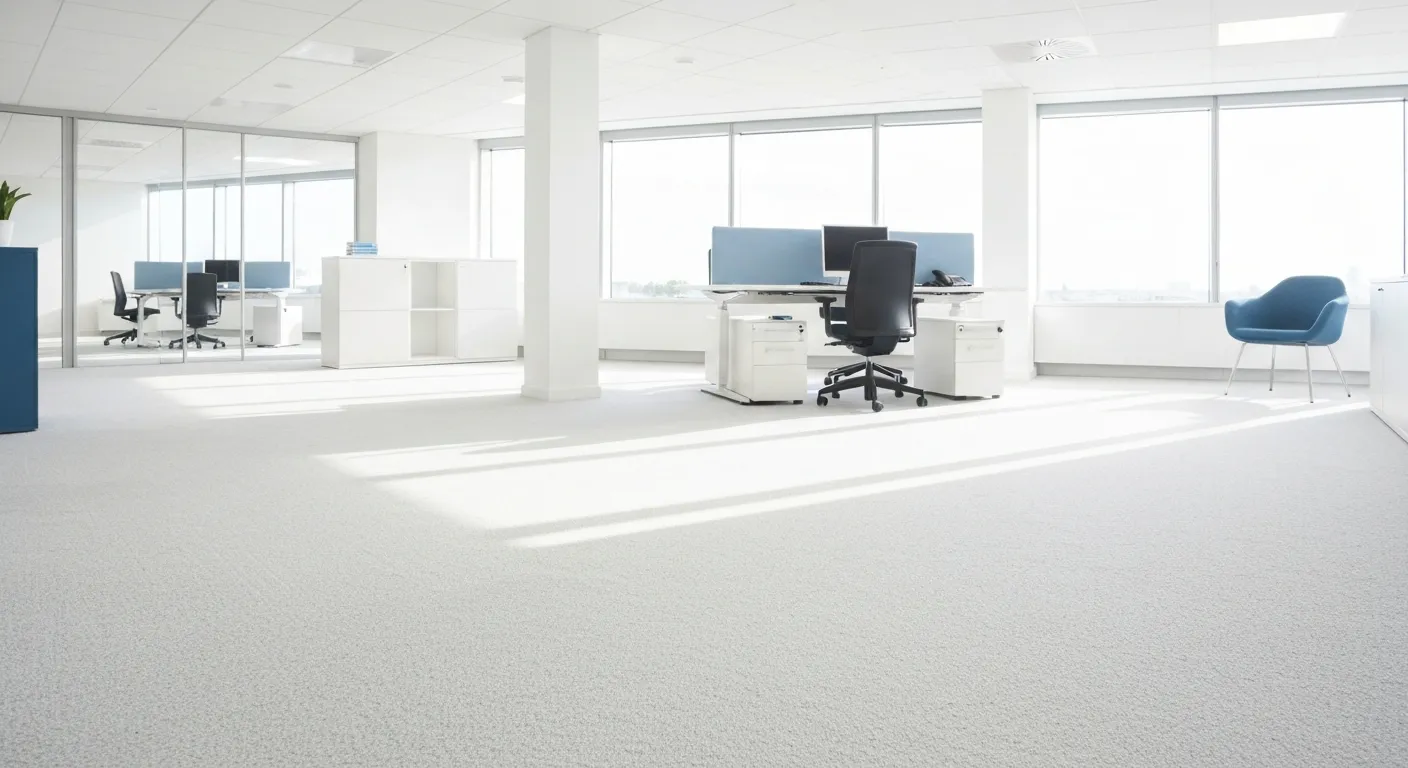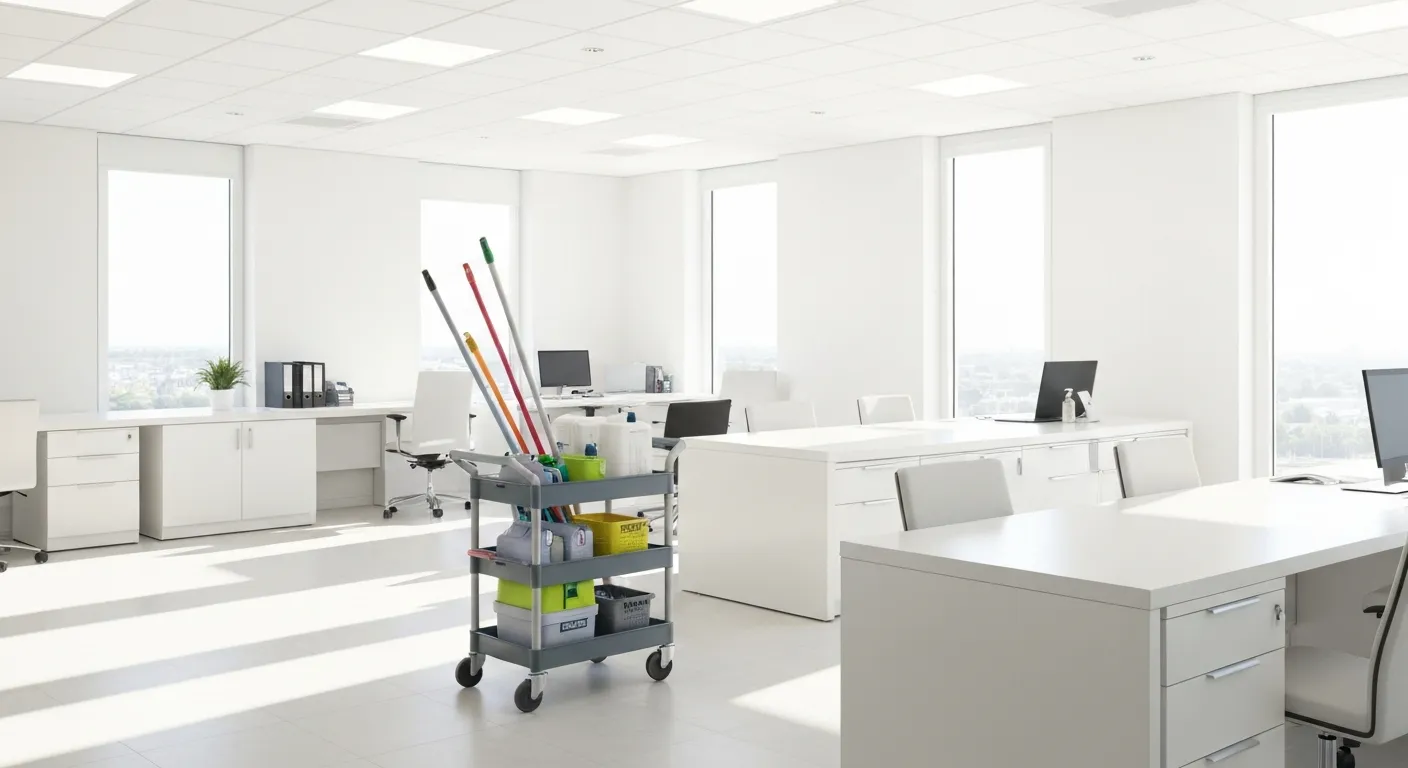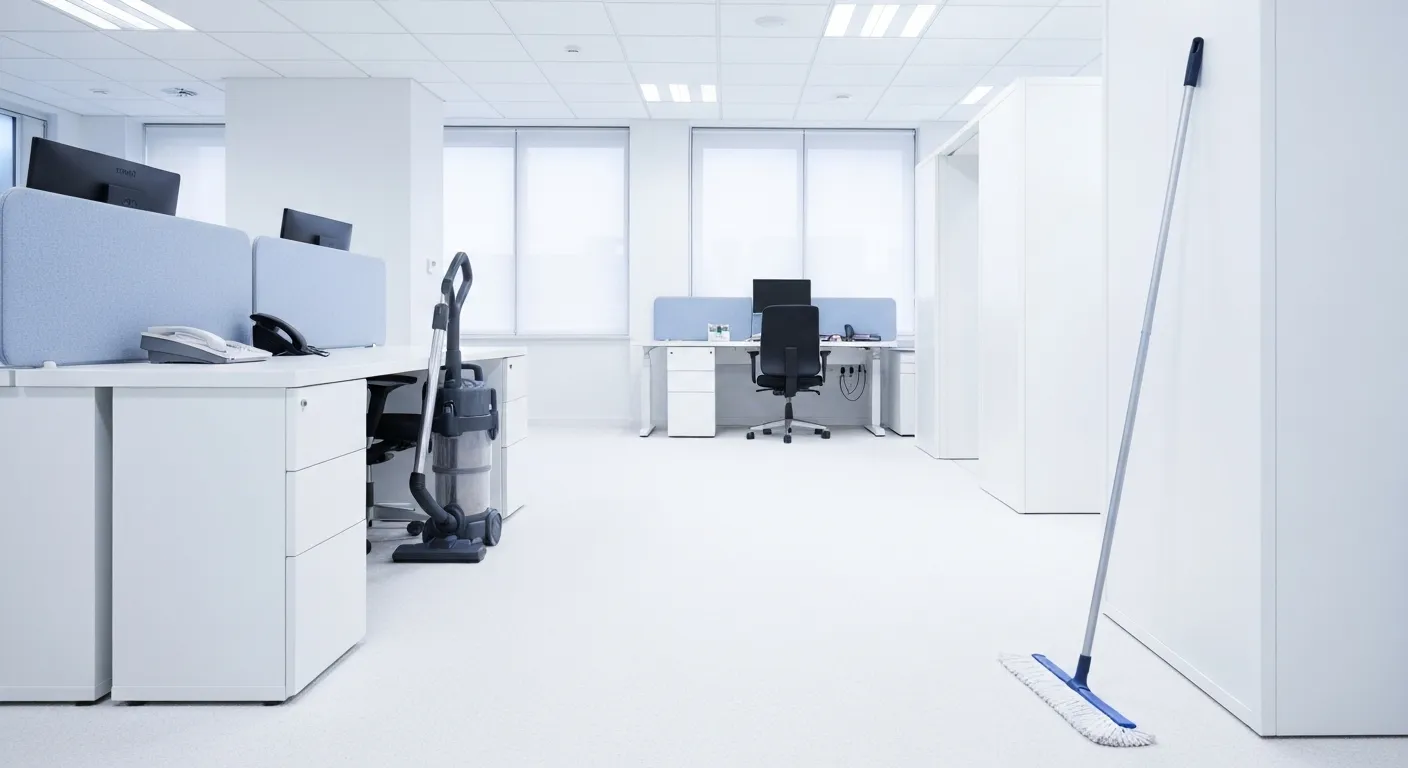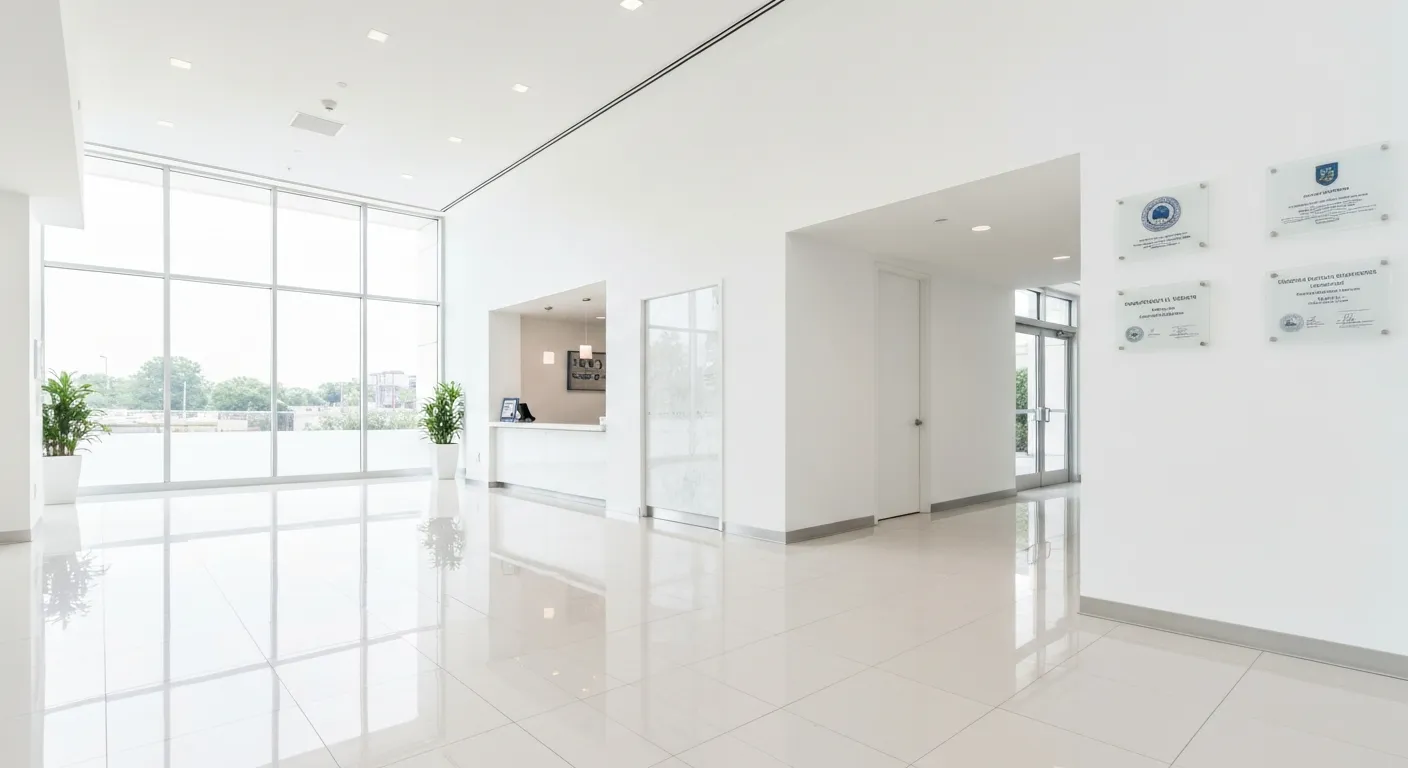Office Cleaning Statistics: How It Affects Productivity, Employee Health, and Workplace Satisfaction

The Crucial Role of Cleanliness in Modern Workspaces
In today's fast-paced and often crowded office environments, cleanliness is more than just a matter of aesthetics—it's a core driver of productivity, employee well-being, and overall workplace satisfaction. With overwhelming evidence from numerous studies showing how a clean workspace affects everything from health to morale, businesses are increasingly recognizing that investing in proper cleaning practices is essential for success. This article explores the compelling statistics and research findings that underline the profound impact of office cleaning on productivity, employee health, and workplace atmosphere.
Productivity Gains from a Cleaner Workspace
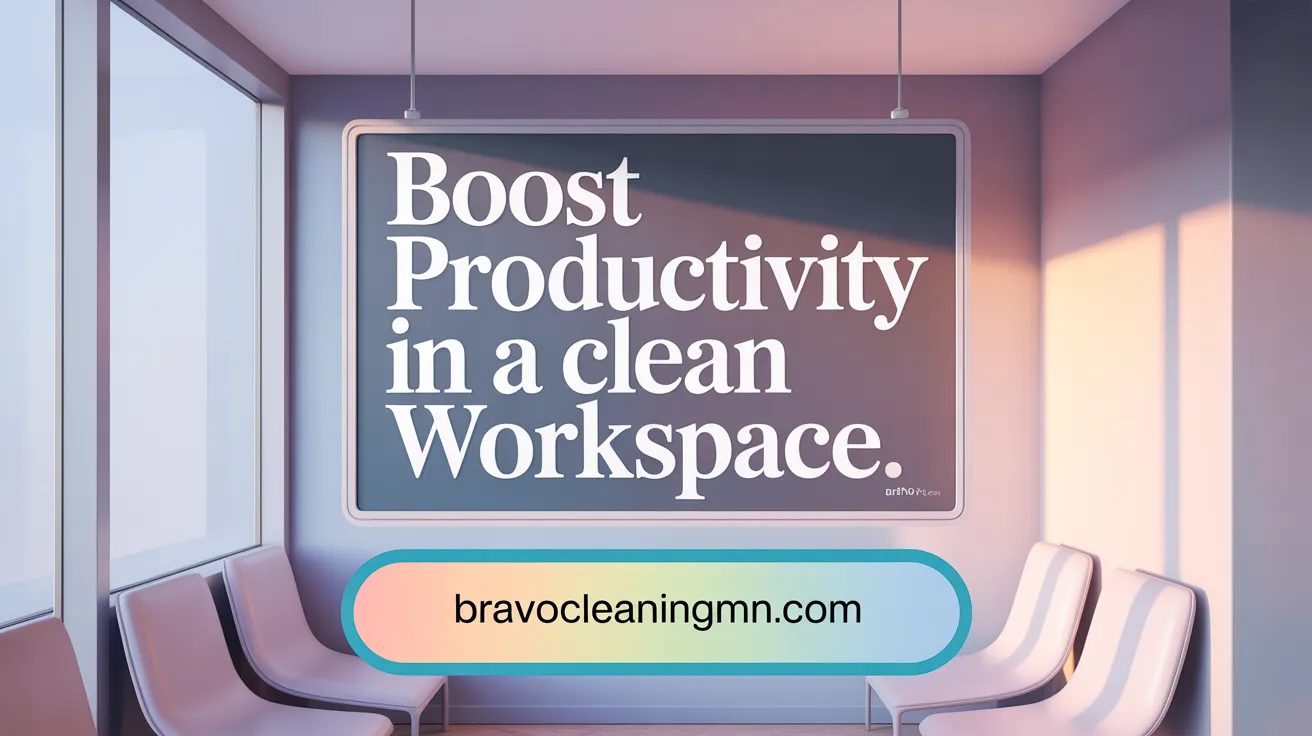
How does office cleanliness influence employee productivity?
Studies consistently reveal that 94% of workers feel more productive in clean workspaces, and 77% claim they produce higher quality work when their environment is tidy and well-maintained. Research from prestigious institutions like UCLA, Harvard Business School, and Princeton University highlights that clutter-free, organized workplaces can boost productivity by up to 15% (clean office environment, office cleaning productivity benefits, Clean Offices and Employee Productivity). These clean environments improve focus, enhance mental clarity, and foster creativity, enabling employees to work more efficiently (Psychology of clean spaces).
Professional cleaning services play a pivotal role in sustaining these benefits. By ensuring routine sanitation and hygiene, they minimize distractions caused by clutter and poor cleanliness (Professional office cleaning benefits, Regular office cleaning benefits). This reduction in environmental stressors leads to fewer employee sick days and smoother workflow, which together elevate overall organizational productivity (Boost Employee Productivity).
What is the link between clutter and employee focus?
Clutter directly disrupts employee concentration, as physical mess competes for mental attention, causing cognitive overload and elevated stress. Research from Princeton University shows that cluttered spaces deteriorate performance, while neat and organized workstations help restore mental clarity (Research on office desk bacteria levels, Impact of Organized Workspaces on Focus). Employees in tidy environments can prioritize tasks more effectively, make decisions faster, and solve problems with greater ease (Impact of Office Cleanliness on Mental Health.
These improvements in focus and workflow translate into measurable gains in productivity and job satisfaction (Benefits of a Clean Office). Clean and clutter-free offices thus not only improve individual performance but also contribute to a healthier, more engaged workforce (Clean workspace and employee morale).
Statistics on sick leave reductions due to cleaning
Regular cleaning notably lowers employee sickness rates. Studies demonstrate that thorough professional cleaning can reduce illness-related absenteeism by up to 40-46%, which not only benefits employee health but also sustains productivity (Reducing sick days with office cleanliness, Disinfection of high-touch surfaces). Disinfection of high-touch surfaces limits the spread of germs, preventing outbreaks that lead to lost workdays (Importance of Regular Desk Cleaning).
Role of professional cleaning services in enhancing productivity
Professional cleaners provide consistent, effective cleaning protocols that internal teams often cannot match. Their expertise in sanitization and workspace maintenance improves air quality, reduces allergens, and keeps office equipment in better condition (Indoor Air Quality Improvements by Cleaning, Use of HEPA filters in offices. This supports employees’ physical well-being and minimizes disruptions caused by illness or environmental discomfort (Enhance Employee Health.
Moreover, the presence of spotless workspaces boosts employee morale, signaling that their health and comfort are valued (Employee morale and cleanliness, Boosting employee morale with cleanliness. This psychological uplift further drives engagement and productivity, creating a positive cycle reinforced by professional cleaning efforts (Workplace Cleanliness and Employee Morale.
Enhancing Employee Health Through Effective Cleaning
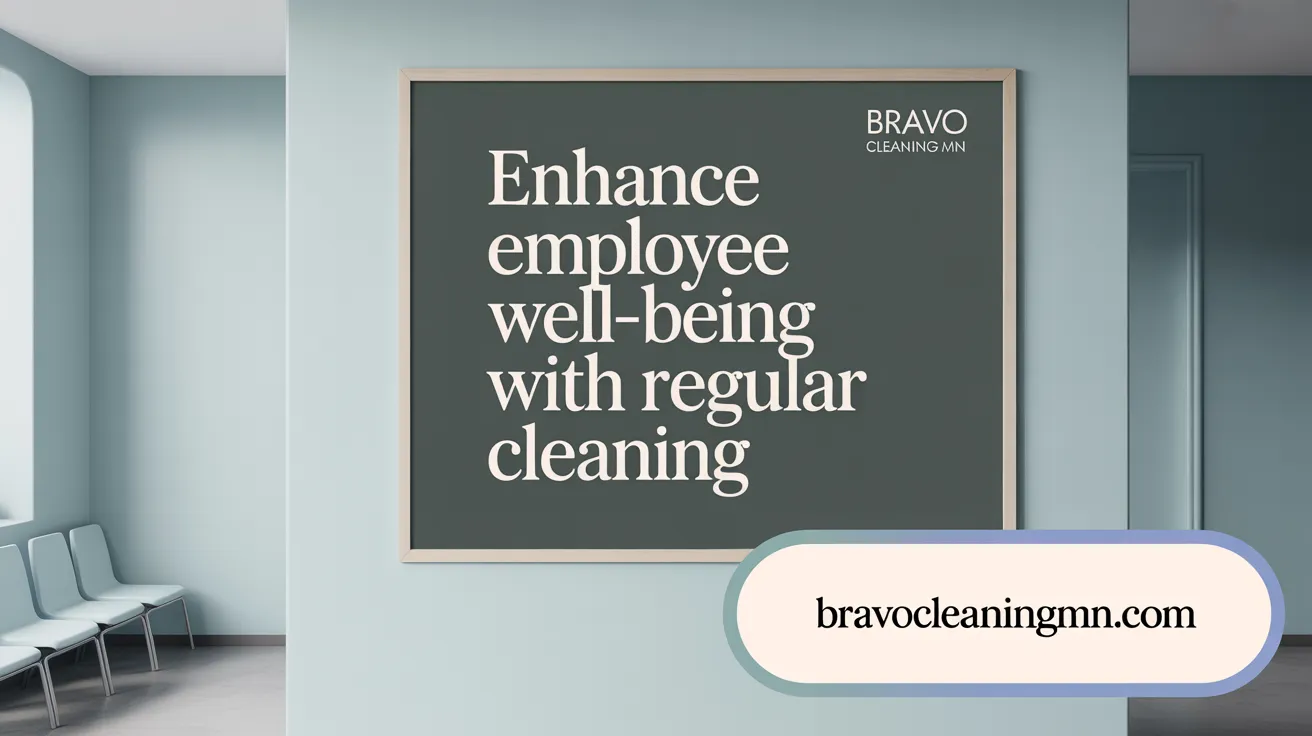
How does regular office cleaning affect employee health?
Regular office cleaning plays a vital role in maintaining employee health by significantly reducing the spread of harmful germs and bacteria. Studies reveal that a typical office desk contains 400 times more bacteria than a toilet seat, emphasizing the critical need for consistent cleaning and disinfection, especially on high-touch surfaces such as keyboards, mice, and door handles. Proper sanitation practices can lower the transmission of contagious illnesses, reducing employee sick days by up to 46%. This not only protects the workforce but also improves productivity and morale (Office Cleaning and Health Benefits, Reducing Germs in Offices, office cleaning statistics).
What are the health benefits associated with maintaining good indoor air quality?
Indoor air quality in offices tends to be two to five times worse than outdoor air, largely due to accumulated dust, allergens, and pollutants. These contaminants can trigger respiratory issues, allergic reactions, headaches, and symptoms of sick building syndrome among employees. Through regular cleaning—such as dusting, vacuuming with HEPA filters, and maintaining HVAC systems—airborne allergens can be reduced by as much as 70%. This leads to a healthier workforce with fewer asthma attacks and respiratory problems, promoting better overall attendance and well-being (Indoor Air Quality Improvements by Cleaning, Reducing allergens and respiratory issues, High dusting importance).
Why use eco-friendly cleaning products?
Eco-friendly and low-VOC (volatile organic compound) cleaning products are increasingly preferred to minimize chemical exposure that can irritate the respiratory system or cause long-term health issues. By choosing green cleaning solutions, workplaces reduce health risks for employees and cleaning staff, supporting a safer, more sustainable environment (Benefits of eco-friendly cleaning products, commercial cleaning and employee health).
How does cleaning impact health-related costs?
By lowering the incidence of illness and absenteeism through effective cleaning protocols, businesses can achieve significant health-related cost savings. Reduced sick days mean fewer disruptions, lower healthcare expenditures, and enhanced workforce productivity, ultimately benefiting both employees and employers (Reducing sick days with cleaning, Workplace illness costs).
Implementing rigorous, environmentally conscious cleaning routines is therefore essential not only for physical health but also for creating a comfortable and productive office atmosphere (Boosting Productivity with Clean Workspaces, Impact of Cleanliness on Office Reputation.
Workplace Satisfaction and Morale Linked to Clean Environments
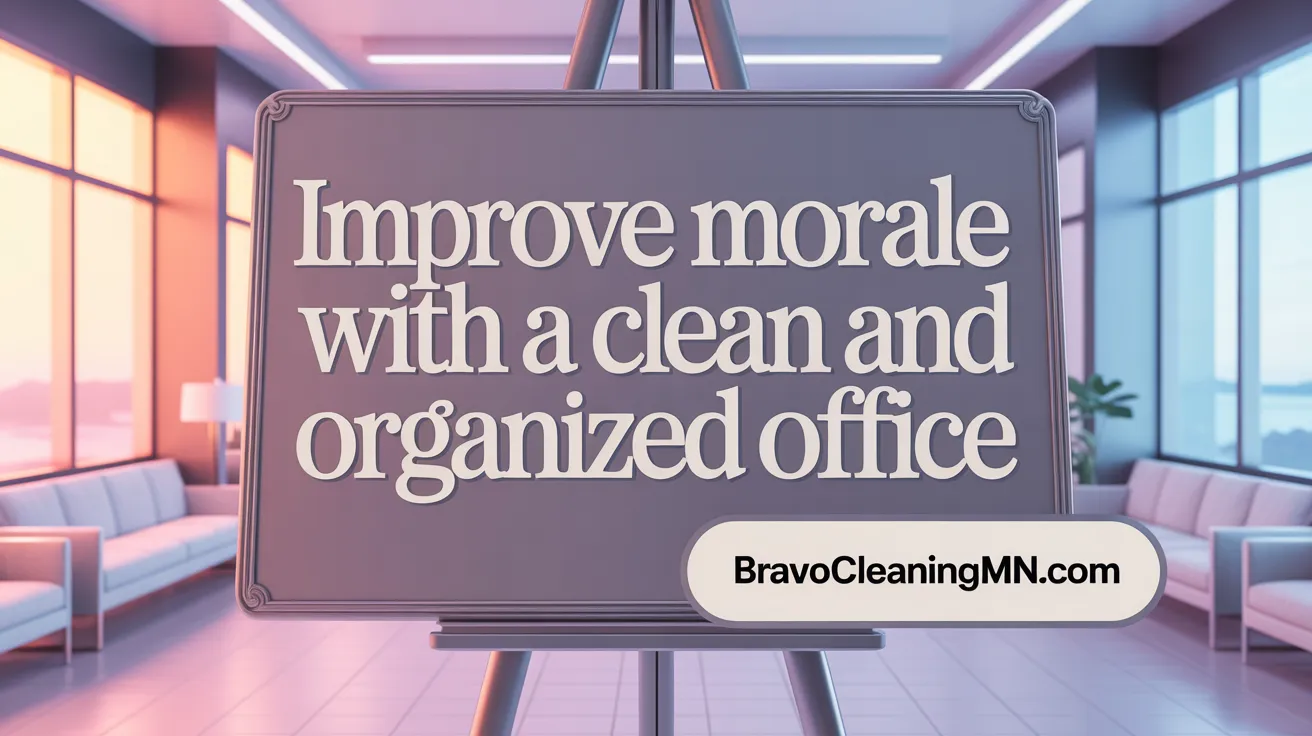
How does office cleanliness impact employee morale and job satisfaction?
Employee satisfaction is strongly tied to the cleanliness of their work environment. Studies show that 67% of workers believe that a clean and organized workspace enhances their job satisfaction. A tidy office reduces mental clutter, which lowers stress and anxiety by creating a sense of calm and control. This improvement in mental health boosts motivation and overall morale. Higher morale not only makes employees more engaged and productive but also reduces turnover rates. Considering that turnover costs can reach up to 213% of an employee's salary for some positions, maintaining a clean workplace can lead to significant savings for organizations (Boost Employee Productivity, Workplace cleanliness impact).
In what ways do cleanliness and maintenance influence workplace impression and retention?
Cleanliness plays a vital role in shaping how employees and visitors perceive the workplace. A well-maintained office signals professionalism and care from management, fostering pride among employees and instilling loyalty. Restrooms and common areas are especially important; surveys reveal that 94% of people would avoid a business if they encountered dirty restrooms, which impacts customer retention and employee satisfaction (Office Cleaning Productivity Benefits, Impact of Cleanliness on Office Reputation. By ensuring these areas are consistently clean, businesses create a positive first impression that supports their reputation and encourages employee retention. A culture of cleanliness also communicates that the company values health and respect, which further enhances employee commitment and reduces turnover (Office Cleaning and Employee Morale).
The Economic and Operational Benefits of Regular Cleaning

What are the economic advantages of maintaining a clean office?
Maintaining a clean office delivers significant economic benefits. Regular cleaning extends the lifespan of office carpets and furniture by preventing soil accumulation and fiber degradation. This maintenance can add 3 to 5 years to carpet life, reducing replacement and repair costs (Carpet Soil Accumulation Effects, Professional carpet cleaning benefits). Additionally, clean environments contribute to higher employee morale, which leads to lower turnover rates (Employee Turnover Costs and Morale. Since employee turnover can cost businesses from 16% up to 213% of an employee's salary, particularly for executives, this reduction in turnover translates to substantial cost savings.
Reduced absenteeism due to fewer illnesses in a well-maintained workplace also lessens lost productivity and healthcare expenses, further cutting costs (Workdays Lost Due to Illness and Injury, Reducing sick days with office cleanliness. Moreover, relying on professional cleaning services can improve cleaning efficiency and thoroughness, extending equipment longevity and reducing operational disruptions (Impact of professional office cleaning on workplace productivity).
How do eco-friendly cleaning practices contribute to business value?
Eco-friendly cleaning practices play a growing role in adding business value. Using green products enhances indoor air quality, which directly benefits employee health by minimizing respiratory issues and allergic reactions (Indoor Air Quality Improvements by Cleaning, Green non-toxic cleaning solutions). This contributes to a happier, more productive workforce and reduces sick days (Reducing sick days with office cleanliness.
From a market perspective, 70% of consumers prefer companies that demonstrate environmental responsibility through the use of sustainable cleaning products (Benefits of Eco-Friendly Cleaning Products). This preference strengthens company reputation and fosters positive word-of-mouth (Cleanliness and Client Retention. Embracing eco-friendly cleaning supports corporate social responsibility goals, attracting clients and employees who prioritize sustainability, and ultimately driving better overall business performance (Sustainability in Office Cleaning.
Creating a Culture of Cleanliness for Sustained Success

Why is fostering a culture of cleanliness important in offices?
Promoting daily habits and shared responsibility for cleanliness encourages employees to keep their workspaces tidy. This reduces stress by creating a sense of order and control and fosters a respectful, collaborative workplace culture. Employee involvement ensures that cleanliness is maintained continuously, not just during professional cleanings, leading to lasting improvements in health and productivity.
How do professional cleaning services and technology enhance office hygiene?
Professional cleaning services provide thorough sanitation that covers overlooked areas like high dusting and deep cleaning of carpets and HVAC systems. These services use advanced equipment and green cleaning products to improve air quality and reduce allergens. Additionally, technology such as IoT sensors helps optimize cleaning frequency by monitoring high-traffic areas, ensuring efficient use of resources. Flexible scheduling by professionals minimizes interference with daily operations, maintaining a consistently healthy and attractive workplace (source).
Importance of regular high dusting and deep cleaning
High dusting removes allergens, bacteria, and dust from ceilings, vents, and light fixtures, which improves indoor air quality and reduces respiratory issues among employees. Deep cleaning of carpets and furniture not only extends their lifespan but also keeps the environment aesthetically pleasing, contributing to employee comfort and satisfaction (read more.
Integration of cleanliness into corporate culture
Embedding cleanliness into company values signals care and professionalism, which boosts staff morale and job satisfaction. Regular reminders, clear policies, and encouraging teamwork around hygiene help sustain these practices. A clean environment reinforces a positive image to visitors and clients, further supporting business reputation and success (details here.
Through a combined effort of engaged employees, professional cleaning, and innovative technology, offices can maintain a healthy, efficient, and welcoming space that promotes sustained business growth and a positive workplace experience (learn more.
The Imperative of Cleanliness for Thriving Workspaces
The evidence is clear and compelling: maintaining a clean office is not merely about appearance but is fundamental to fostering productivity, safeguarding employee health, and enhancing overall workplace satisfaction. Businesses that prioritize effective cleaning practices, including the use of professional services and eco-friendly products, enjoy tangible benefits such as reduced absenteeism, improved morale, cost savings, and a stronger reputation. Creating and sustaining a culture that values cleanliness ultimately empowers employees to perform at their best and positions organizations for long-term success in competitive markets.











